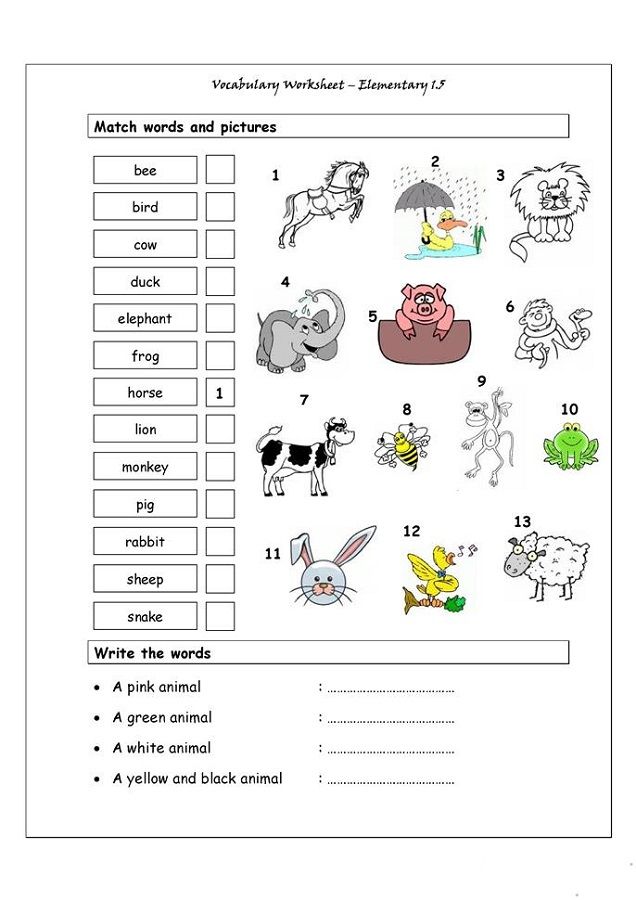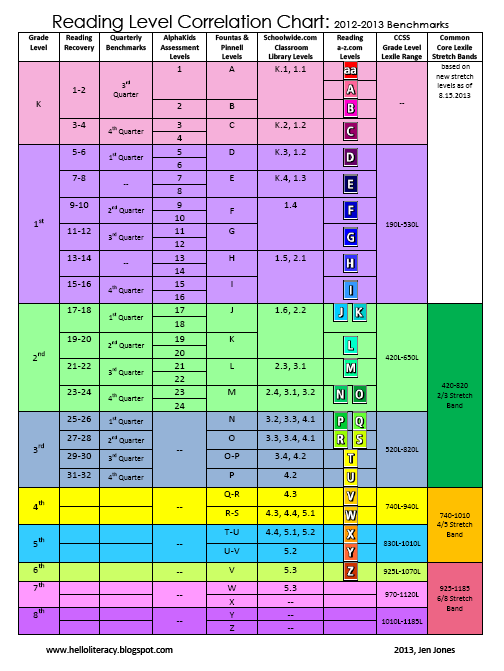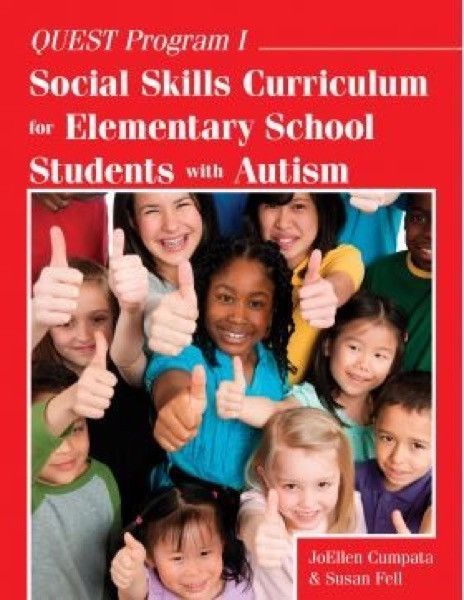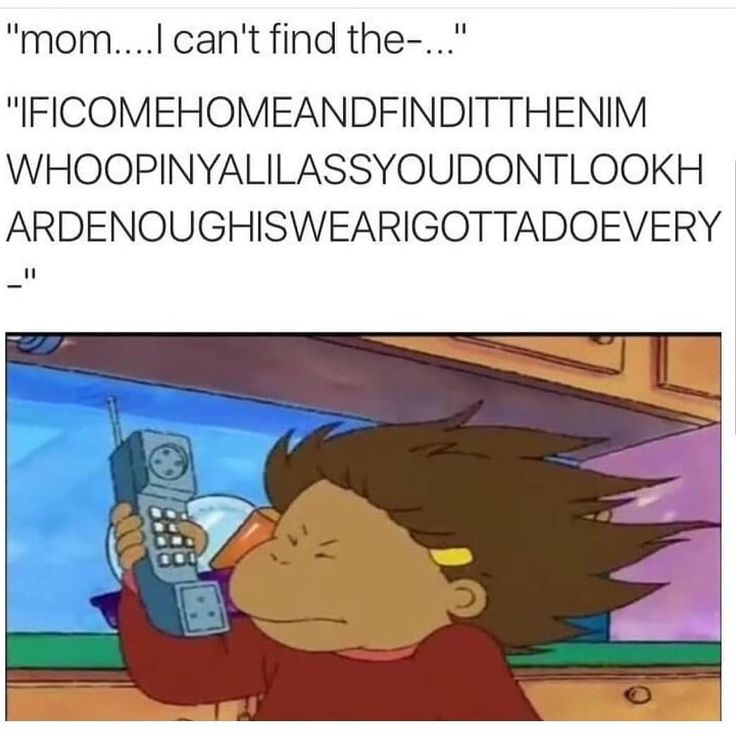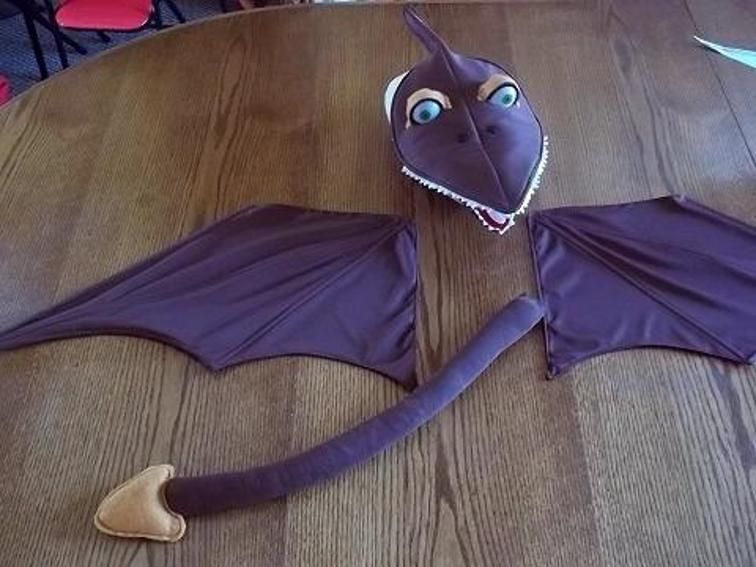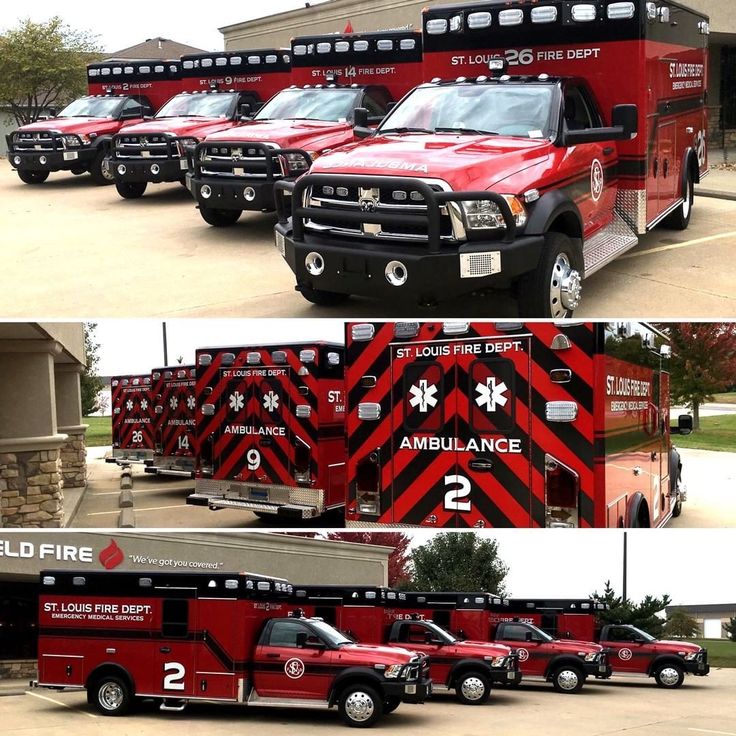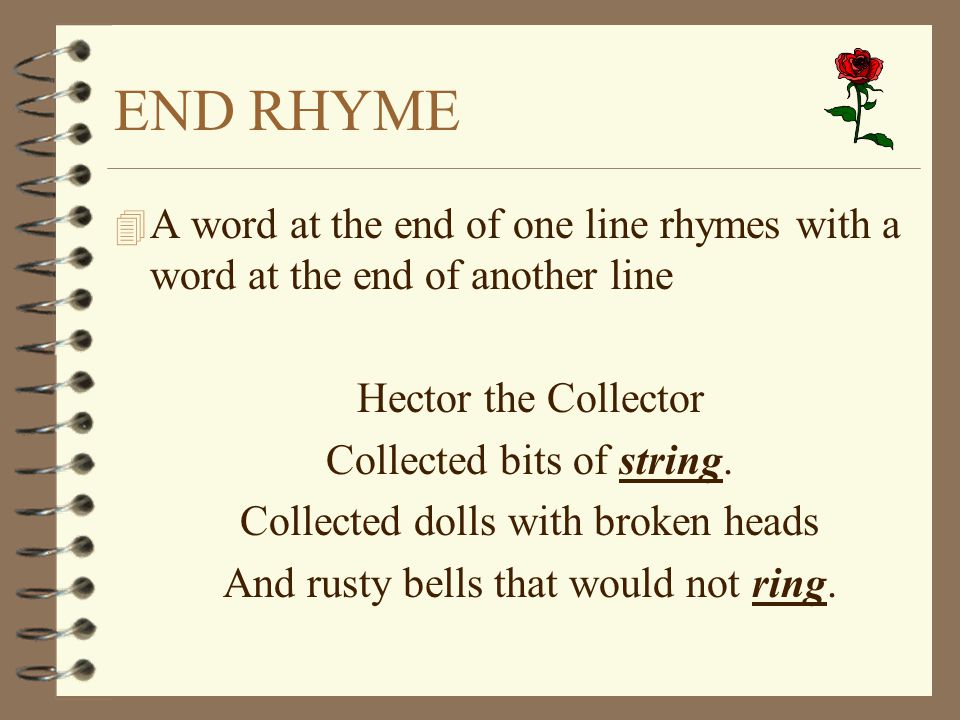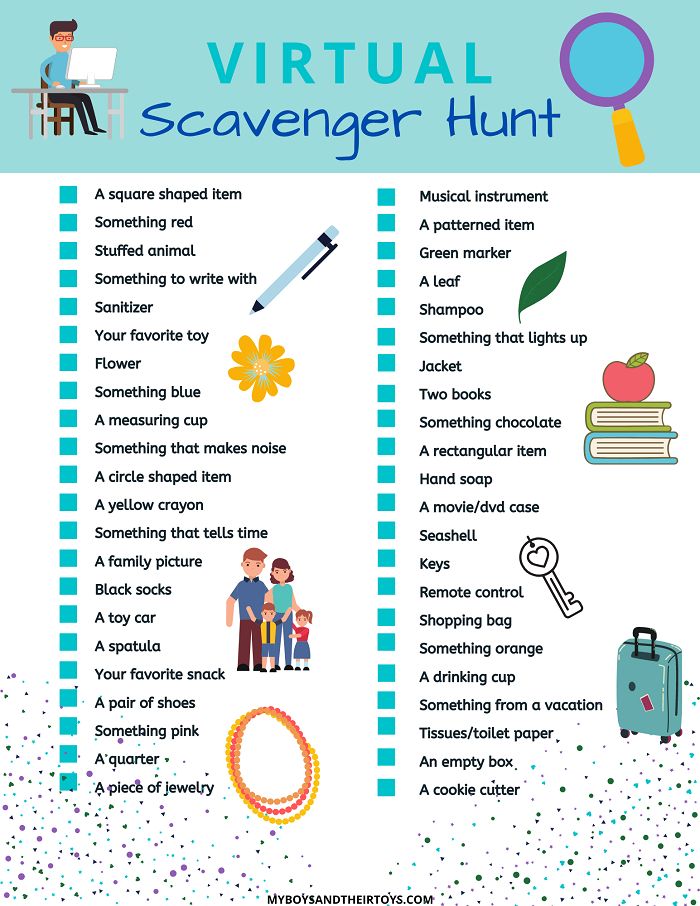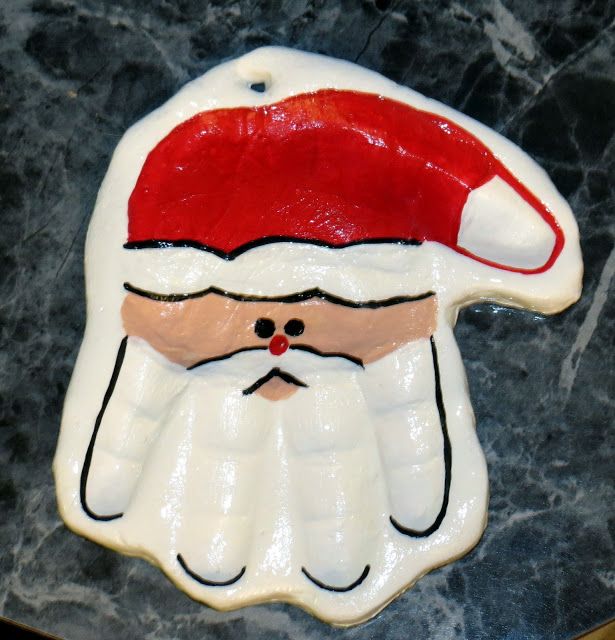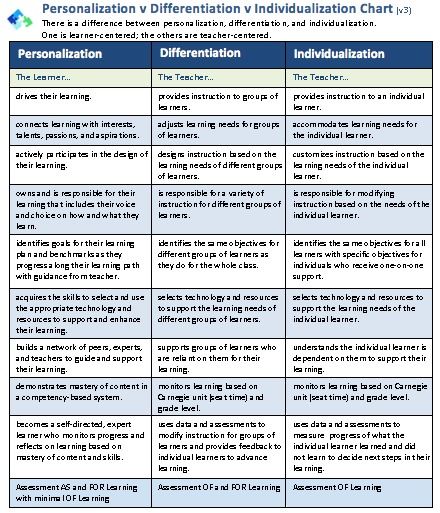Vocabulary activities elementary students
20 Meaningful Vocabulary Activities for Every Grade
Learning new words is like adding to your writing wardrobe. Your writing becomes so much more interesting and engaging when you have more options available. These vocabulary activities work for all ages, K-12, and provide kids with a variety of learning options to help them build their own word bank.
1. Make a word map
Word maps help deepen understanding of a vocab word by relating it to other words and concepts students already know.
Learn more: Word Map/Upper Elementary Snapshots
2. Use the Frayer Model
Frayer models are a popular way to learn new words and concepts. Kids define the word in their own terms, then list facts and characteristics, examples, and non-examples.
Learn more: Southern Fried Teachin’
3. Draw vocabulary sketchnotes
Kids and teachers love sketchnotes! Rather than writing out definitions, have students draw a sketch that sums up each word instead. It’s a lot more fun and gives kids an image for visual association and to help remember the meanings.
Learn more: Now Spark Creativity
4. Bump words along
Group vocab words together with a few other words with similar meanings and one that’s an antonym. Students identify the antonym and “bump” it to the next box, filling in the next group of words. They continue until the worksheet is full.
Learn more: Reading and Writing Haven
5. Post a Graffiti Wall
Think of a vocabulary graffiti wall like a collaborative word wall. In the classroom, post the words on the wall and have kids add sticky notes to illustrate the term (they can use words or pictures). Online, try a tool like Padlet or Google Slides.
Learn more: Digging Deeper
6. Match words to describe character
This is a terrific way to practice vocab words pulled from books you’re reading. Ask students to use various words to describe the different characters in the book and their feelings, thoughts, and actions.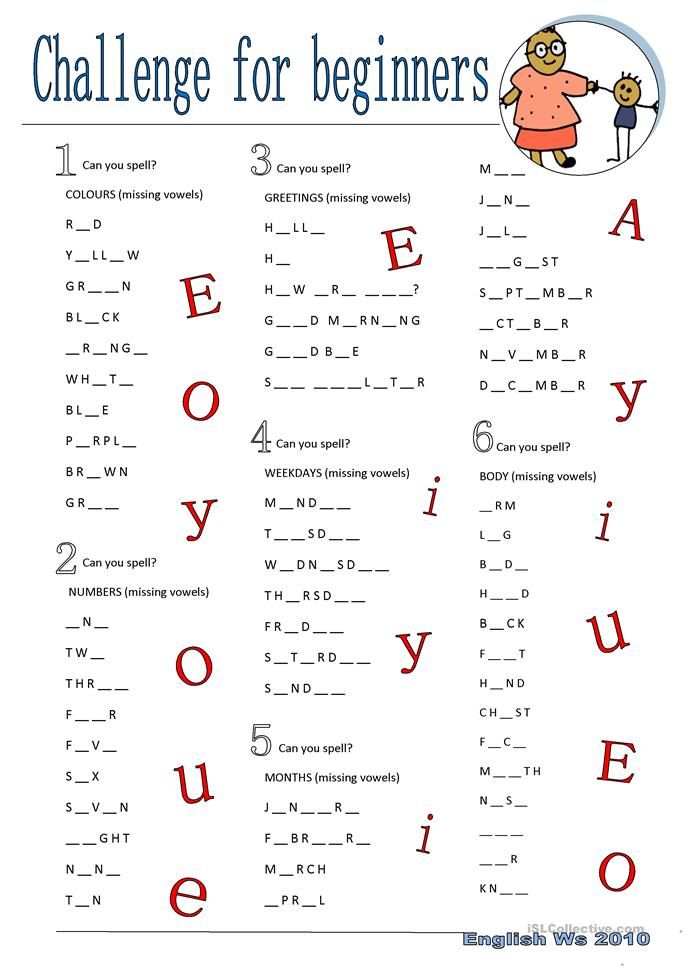
Learn more: The Sassy Apple
7. Fill in words from A to Z
This vocabulary game is fun and challenging, and you can play it at any age. Choose a word, then challenge kids to come up with related words for as many letters as possible. These could be synonyms, antonyms, examples, and more. Trickier letters are worth more points!
Learn more: A to Z/Lit in Focus
8. Try Flipgrid for vocabulary activities
Forever a Teacher at Heart/Twitter
Are you on the Flipgrid bandwagon yet? It’s perfect for vocabulary activities! Have kids record a quick video for each word, using their creativity to make it fun and meaningful.
9. Battle it out in Vocabulary Jeopardy
Good vocabulary activities encourage more than just memorization of definitions. That’s why we like this Jeopardy game idea. It explores synonyms and antonyms and how words are used in real sentences.
Learn more: Not So Wimpy Teacher
10. Use RAFTs to write vocabulary stories
Writing a story using vocab words is a perennial favorite, but the RAFT method gives it a new twist.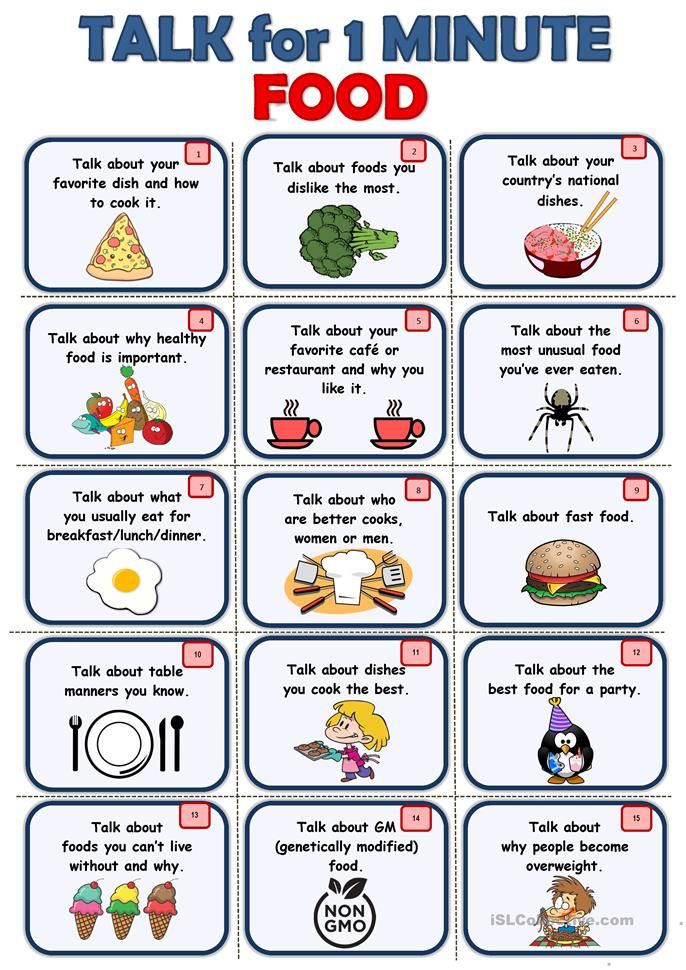 Students are assigned a Role (the point of view from which they’ll tell the story), an Audience, a Format, and a Topic. For instance, they might be an astronaut (Role) writing a postcard (Format) to their friends back home (Audience) about what they’ve seen on Mars (Topic). RAFTs are especially great for kids who claim they don’t know what to write about.
Students are assigned a Role (the point of view from which they’ll tell the story), an Audience, a Format, and a Topic. For instance, they might be an astronaut (Role) writing a postcard (Format) to their friends back home (Audience) about what they’ve seen on Mars (Topic). RAFTs are especially great for kids who claim they don’t know what to write about.
Learn more: RAFT/Teaching Writing
11. Discover the power of words
Vocabulary words take on greater meaning when students incorporate them into their daily lives. Challenge kids to use their vocab words in conversation and writing outside the language arts classroom. Use the free printable worksheet here to help them keep track of how often they use them.
12. Create graphic organizers
Colorful organizers like these are terrific vocabulary activities. Want to go digital? Have kids make a slideshow, one slide per word. They can include the same information, but instead of drawing a picture, have them find one online that illustrates the concept.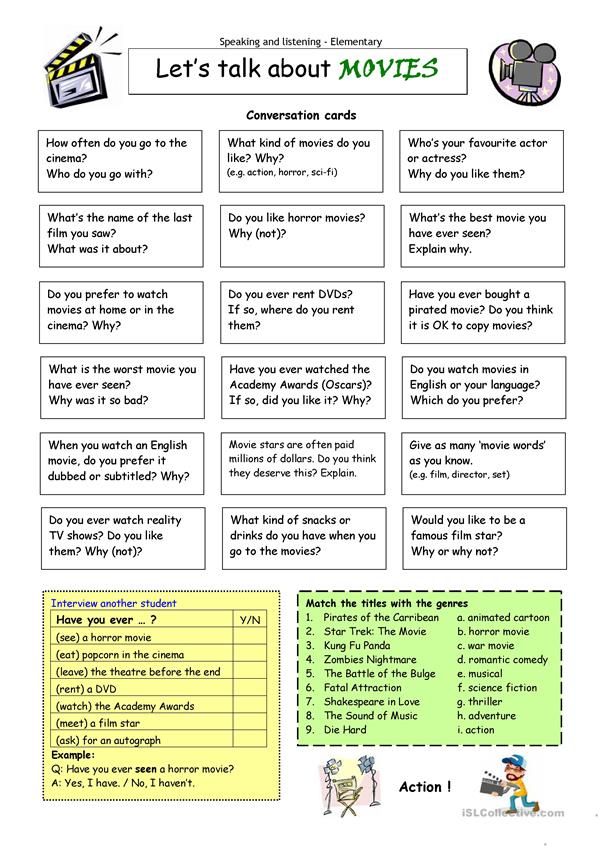
Learn more: Graphic Organizers/Upper Elementary Snapshots
13. Focus on a Word of the Week
Give really important terms the attention they deserve. Choose a new vocab word each week, then explore it in depth day by day.
Learn more: Lit In Focus
14. Join the Million Dollar Word Club
Post a list of target vocab words. If a student uses one of the words in class (outside of vocabulary activities), they become a member of the Million Dollar Word Club! You can have them sign their name on a wall in the classroom or award a badge online. You could even develop this into a reward system for homework passes or extra credit.
Learn more: Million Dollar Words/The Sassy Apple
15. Explore shades of meaning
This is a cool idea for exploring synonyms and the slight differences that make words unique. Ask for paint sample strips at your local hardware store, or buy a clip art set. In the classroom, use these paint strips to make crafts for a bulletin board.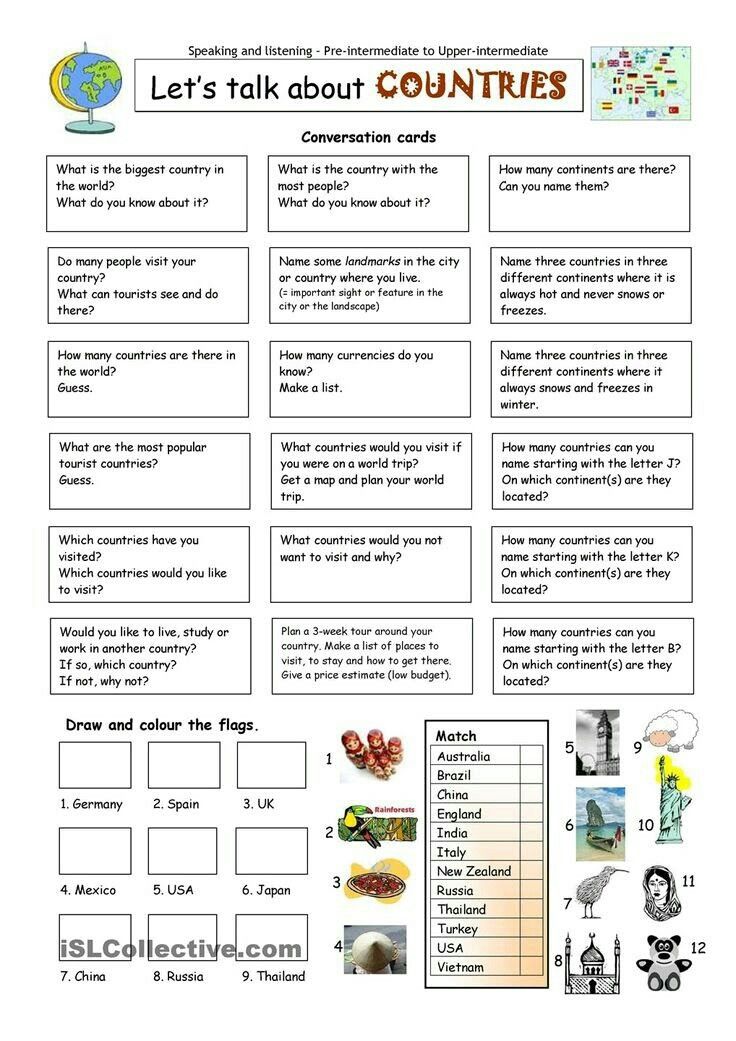 Working in a virtual environment? Have kids print clip art strips at home or use the images to make slides or digital worksheets.
Working in a virtual environment? Have kids print clip art strips at home or use the images to make slides or digital worksheets.
Learn more: Around the Kampfire
16. Personify a word with social media
This is one of those vocabulary activities kids will want to do over and over again! Assign each student a word and have them create a fake Facebook, Instagram, or other social media page for it. They can draw them freehand or complete a template like these from Teachers Pay Teachers. Post the images to a shared Google slideshow so other students can use them for review.
Learn more: Reading and Writing Haven
17. Play vocabulary word Taboo
In this game, the goal is for one student to get their partner to guess the word by describing or giving examples of it. The trick? There’s a list of additional words they’re not allowed to use! Let other students see the card in advance to help keep the players honest. (Flash it on a whiteboard and have the guesser face away.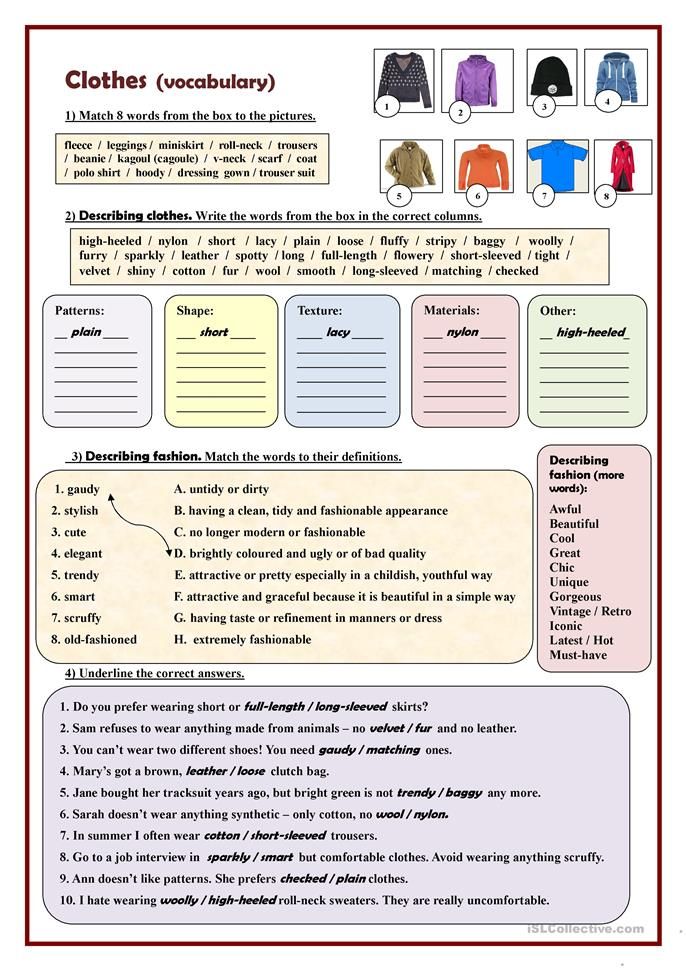 )
)
Learn more: Teaching Talking
18. Roll a die for vocabulary activities
Choose a vocab word, then have the student roll a die (these virtual dice are handy) to see which activity they get to complete.
Learn more: Roll a Word/Lucky Little Learners
19. Write an acrostic
Write an acrostic poem for each vocab term, using the letters to determine the first word in each line. This can get really challenging when words are longer!
Learn more: Vocab Acrostic/Upper Elementary Snapshots
20. Become a Word Collector
This is one of those picture books that grown-up kids will enjoy as much as little ones. Use it to remind your kids that they don’t need a vocabulary list to learn new words—new words are all around them.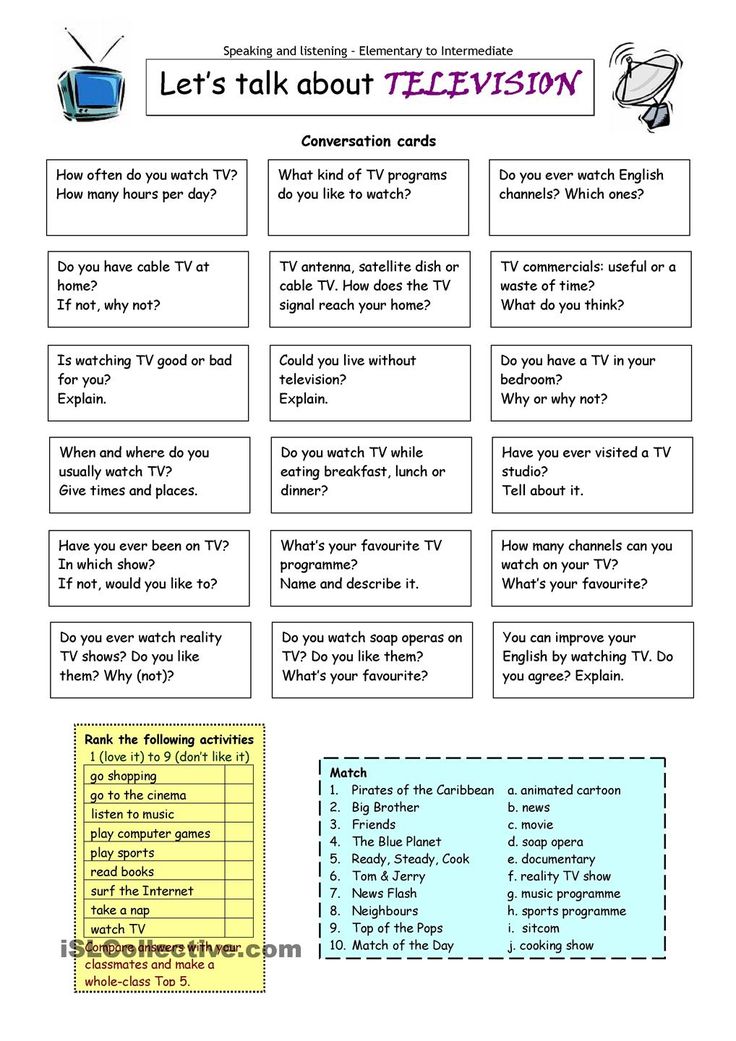 Encourage them to keep a word list or journal of their own to record new words they want to explore and use more often.
Encourage them to keep a word list or journal of their own to record new words they want to explore and use more often.
Looking for more language arts ideas? Try these 11 Essential Tips for Teaching Theme.
Plus, get all the latest teaching tips and ideas when you sign up for our free newsletters!
18 Valuable Vocabulary Activities for Kids
Vocabulary is the foundation for language development. Vocabulary expansion plays a critical role in reading comprehension, and it is also essential to the improvement of communication skills. Expanding a child's vocabulary impacts his overall writing, reading, listening, and speaking skills which allows him to understand and connect with the world. These assignments for students will provide you with activities to help students at various grade levels achieve essential vocabulary standards.
1. Vocabulary Wheels
Students will love this engaging vocabulary activity. They can work individually or in pairs or groups to create one or two wheels to connect the vocabulary words with their definitions.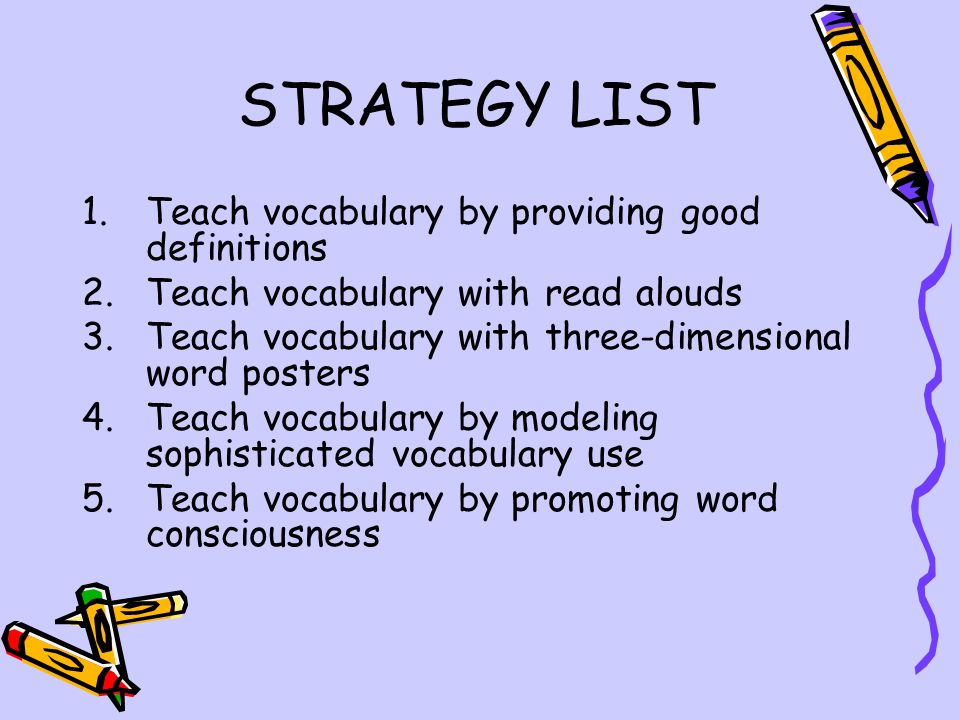 Teachers can adapt this accurate matching activity for any age group to teach effective vocabulary in their classrooms. Learn about this fun activity as well as two others here.
Teachers can adapt this accurate matching activity for any age group to teach effective vocabulary in their classrooms. Learn about this fun activity as well as two others here.
Learn more: galariousgoods.com
2. Comic Strip Vocabulary
This fun vocabulary activity involves using a controlled vocabulary list to have students write the closest matching definition in their own words, draw a picture of the meaning, and use the word correctly in a sentence. The goal of this engaging activity is for students to correctly use vocabulary words in conversations.
Learn more: thisreadingmama.com
3. Roll A Word
This vocabulary activity is anything but boring! The Roll a Word vocabulary sheet can be used with any vocabulary words and any age level. Students will enjoy rolling a die. The vocabulary activity depends on the number the student rolls. Learn the directions for this great game here.
Learn more: southernfriedteachin.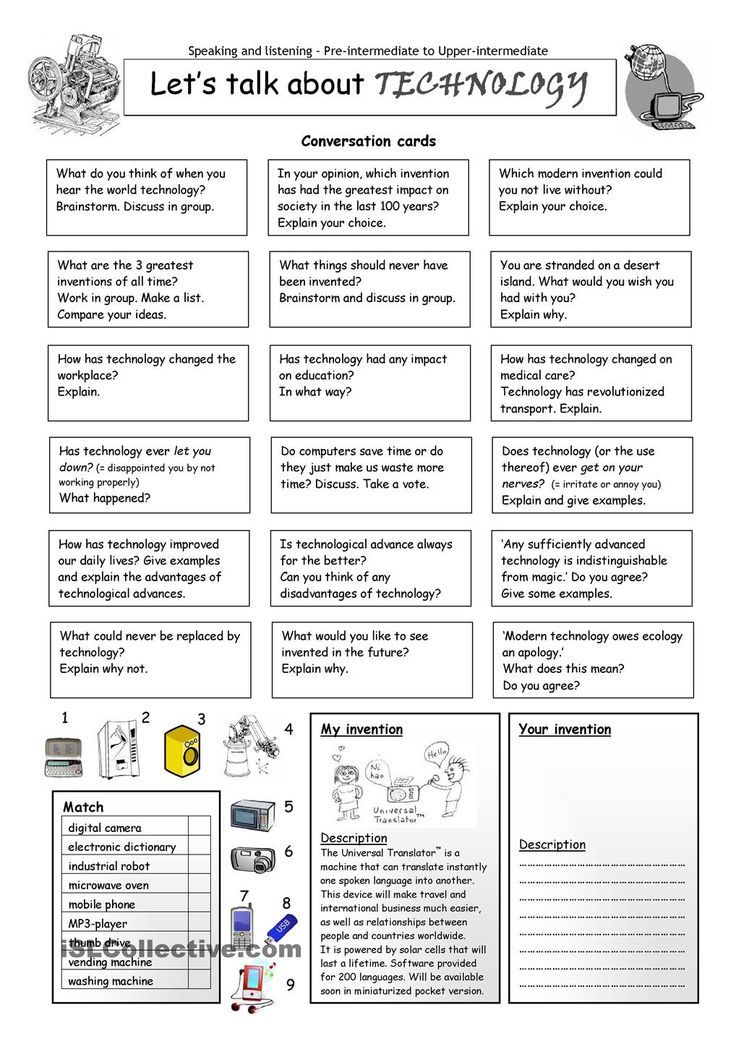 com
com
4. Ice Cream Scoops
This creative activity focuses on multiple word meanings. This activity is an efficient method for helping students understand that some words have different meanings based on how they are used in spoken or written language. Once students understand this, they will have an increase in vocabulary retention and expansion.
Learn more: blog.maketaketeach.com
5. Word Graffiti
This is a wonderful activity to use with your students before they read an assignment. It is definitely not a difficult task. The teacher can use a customized list of words for focus and write them on dry erase boards or large paper. The students can work individually or in groups to complete this fun and engaging activity.
Learn more: funinfourth.ca
6. Fancy Nancy
This chart is an astounding way to teach students to use context clues. The teacher is the facilitator and should model how the vocabulary word is used in the context of the story that is being read in class.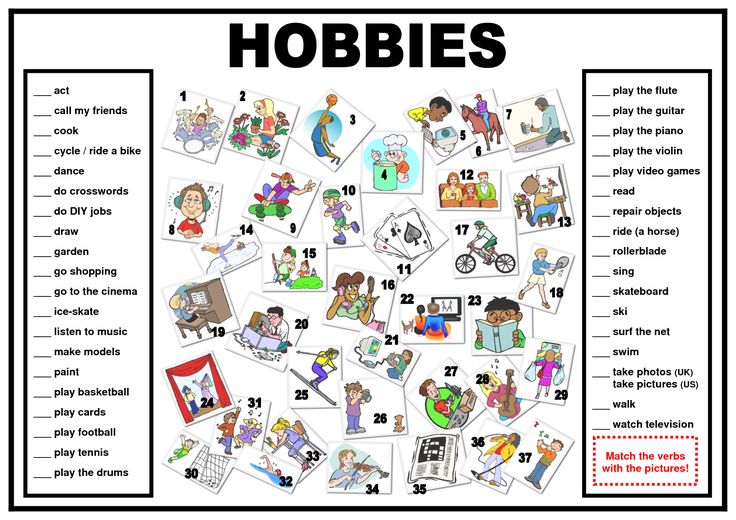 The teacher will also provide examples of how the students could apply the vocabulary word in their daily lives. Learn more about the Fancy Nancy activity here.
The teacher will also provide examples of how the students could apply the vocabulary word in their daily lives. Learn more about the Fancy Nancy activity here.
Learn more: missdecarbo.com
7. Vocabulary Basketball
Do you need a fun way to keep your students interested in learning vocabulary? Then, vocabulary basketball is the perfect game for your classroom. Use this fun-filled basketball activity to review a vocabulary lesson while you observe student progress.
Learn more: 4theloveofteaching.org
8. Word Grid Challenge
Students will enjoy this creative vocabulary assignment that can be used with any subject. Teachers love using this activity in their classrooms because it is easy to create, and it keeps students engaged and on task. Learn how to make your own word grids for your classroom here.
Learn more: literaturedaydreams.com
9. Swat the Vocab
Are you searching for a way to motivate your students about vocabulary review? The, Swat the Vocab is the perfect game to use in your classroom.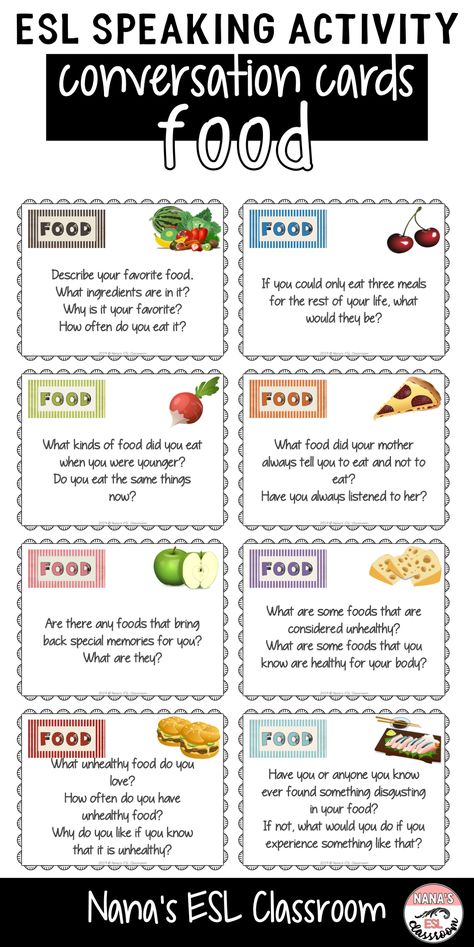 Students will enjoy working in teams to compete against one another as they learn vocabulary words. Find out more about this game here.
Students will enjoy working in teams to compete against one another as they learn vocabulary words. Find out more about this game here.
Learn more: foreverinfifthgrade.blogspot.com
10. Vocabulary Categories
This efficient matching vocabulary game can be used with most grade levels and with any subject area. It is a terrific activity that encourages students to use their critical thinking skills while learning the definitions of various words. Read more about how to incorporate your own Vocabulary Categories game into your daily lessons.
Learn more: classroomfreebies.com
11. Magnetic Poetry
Promoting efficient learning with this inexpensive magnet word set is a terrific way to address many students' needs. Students can create sentences or short stories while they practice syntax, articulation sounds, and vocabulary. Learn more about this activity here.
Learn more: Magnetic Poetry for Kids
12.
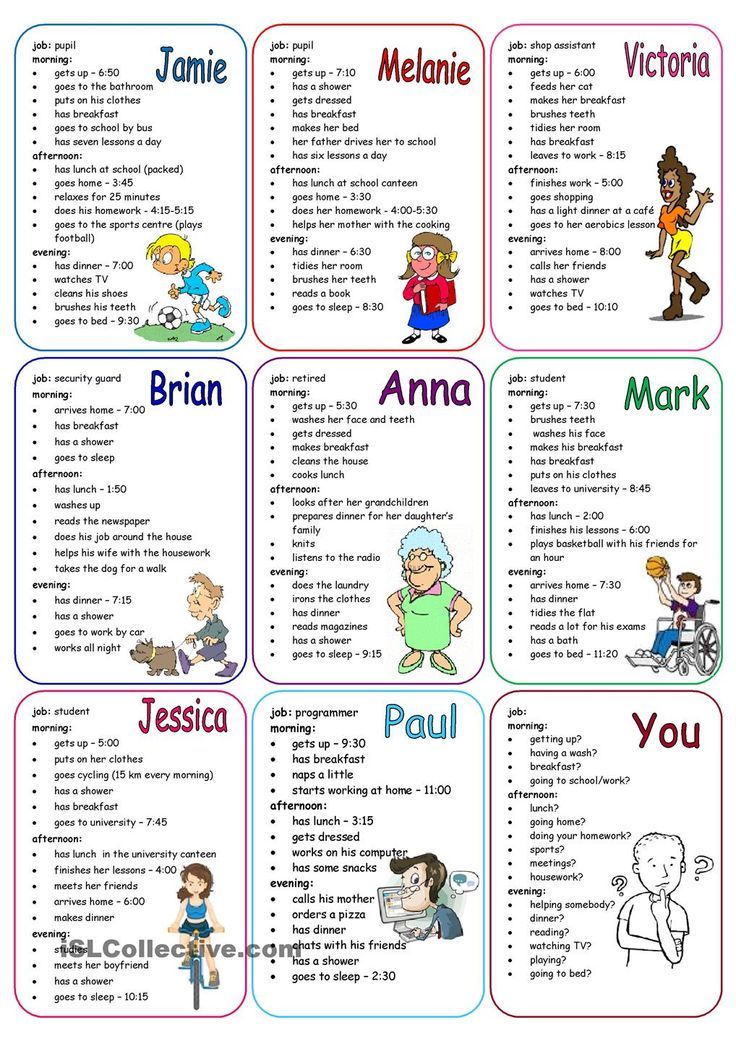 The Zoo - Core Vocabulary Song
The Zoo - Core Vocabulary Song Students love music! Your younger students will enjoy participating in song vocabulary with The Zoo Song. This video contains a language and speech song that has an emphasis on core vocabulary.
Learn more: pinterest.com
13. Academic Vocabulary
Academic vocabulary is critical to student learning. Use these words and strategies to see systematic vocabulary improvement in your students' skills. This is a terrific way to improve structured response questions on assessments.
Learn more: musingsfromthemiddleschool.org
14. Sequencing With Balloons
Lots of kids love popping balloons! This activity includes adding small strips of paper that include events from a familiar story. Students will learn about sequential context and sequential rearrangements from this activity. Find out more about this fun activity here.
Learn more: cassiedahl.com
15.
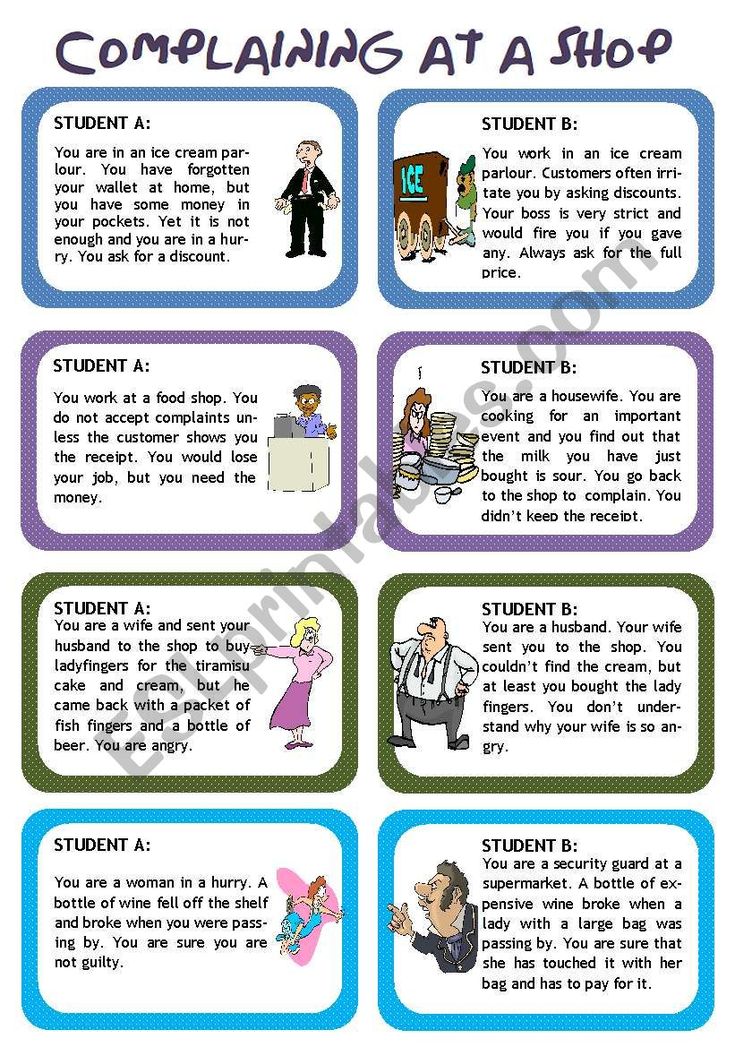 Multi-Syllable Words
Multi-Syllable Words This hands-on activity allows struggling students to effectively move from decoding individual syllables to multi-syllable/consecutive syllable words. This will assist students in improving their reading fluency and overall vocabulary.
Learn more: iheartteachingelementary.com
16. 3 Ways to Stress a Syllable
This is a terrific syllable phonology resource for teachers to help their students understand when to stress a syllable. This video includes the long vowel, clear vowel, and pitch per syllable.
Learn more: pinterest.com
17. Free Vocabulary Activities
If you are searching for fun and entertaining vocabulary activities, your students will enjoy Hot Potato Vocab, Magic Hat Vocabulary, and Swat the Vocab Word. These activities will make the learning of vocabulary words an exciting part of the school day.
Learn more: inspiredowlscorner.com
18.
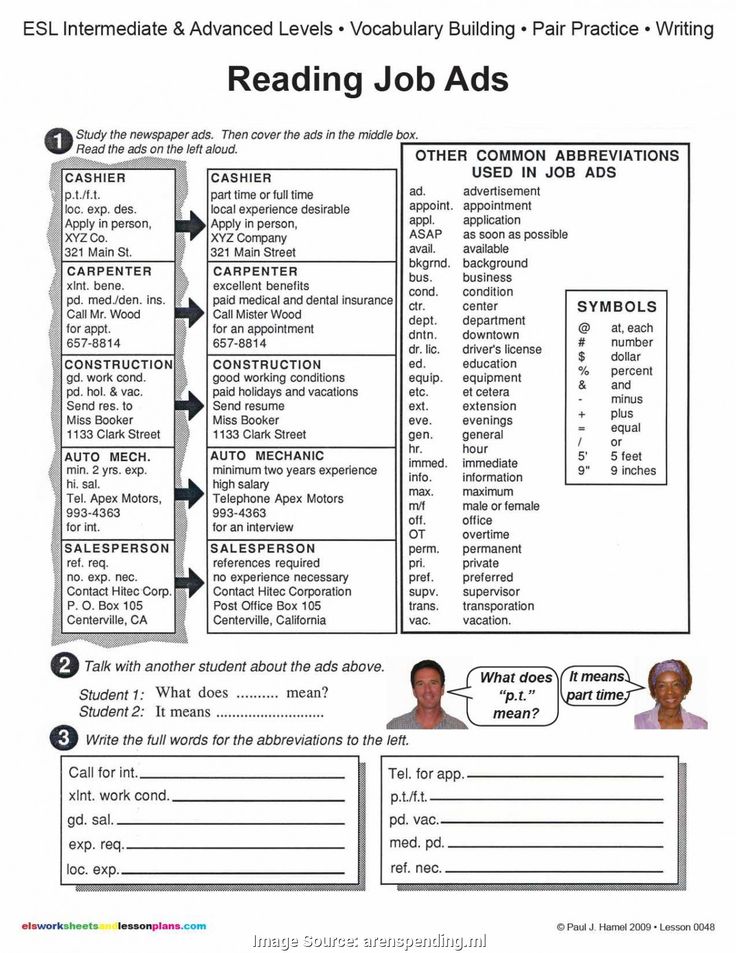 Vocabulary Activities for Any Word
Vocabulary Activities for Any Word These engaging and interesting vocabulary activities can be used with any vocabulary words you choose. These activities will help your students learn more about their vocabulary words and internalize their definitions. You can learn more about these fun activities here.
Learn more: babblingabby.net
Concluding Thoughts
Vocabulary is an essential and necessary component to a student's overall academic success. Enhanced vocabulary instruction is important to master all subject areas. Incorporating effective vocabulary instruction into your daily lessons can be difficult. Therefore, it is crucial that you make the instruction extremely interesting and engaging for your students. The activities suggested above should provide you with a great variety of lessons as you plan interesting and engaging vocabulary instruction in your daily classes.
Vocabulary work at Russian language lessons in elementary school
Vocabulary work at Russian lessons language in elementary school
Word - the most important unit of language, the bearer of meanings.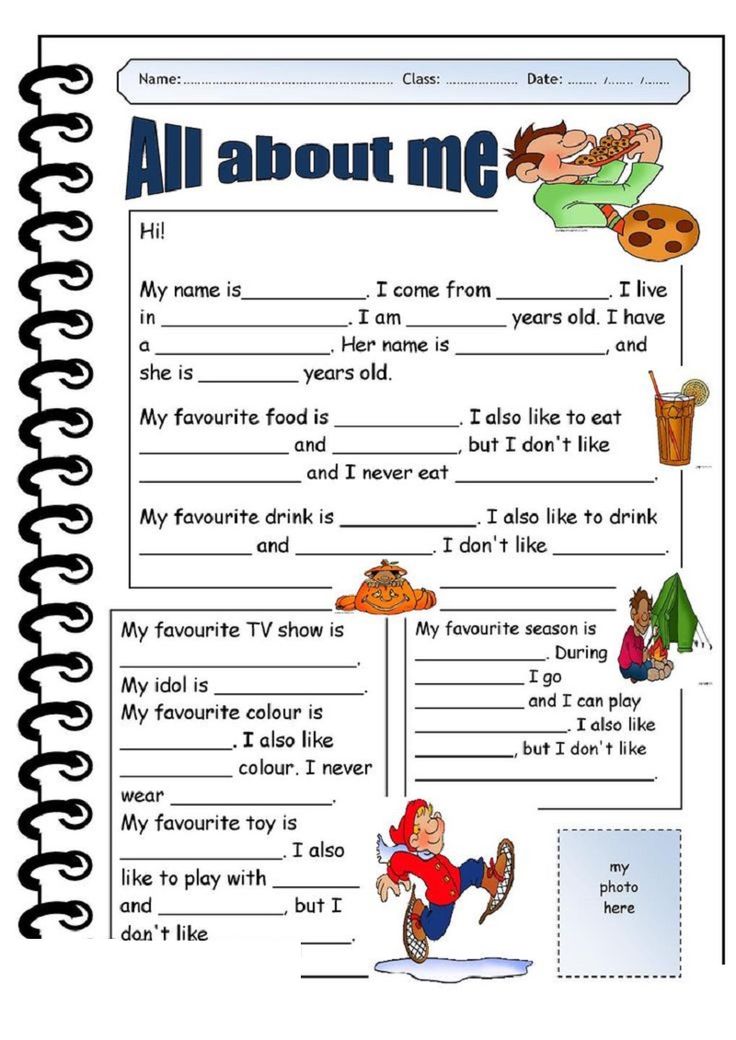 words and their combinations designate concrete objects and abstract concepts, while words emotions are expressed. Any speech utterance is made up of words built in a certain sequence in accordance with the plan and related between itself grammatically. The richer a person's vocabulary, the more opportunities he has. choice and more accurate, more original and expressive design of thought. Therefore, the volume of the dictionary, its diversity are considered at school as important condition for the successful development of speech.
words and their combinations designate concrete objects and abstract concepts, while words emotions are expressed. Any speech utterance is made up of words built in a certain sequence in accordance with the plan and related between itself grammatically. The richer a person's vocabulary, the more opportunities he has. choice and more accurate, more original and expressive design of thought. Therefore, the volume of the dictionary, its diversity are considered at school as important condition for the successful development of speech.
The assimilation of a huge vocabulary cannot take place spontaneously. One of the most important task of speech development at school is to streamline vocabulary work, identification of its main directions and their justification, process management enrichment of the dictionary of schoolchildren.
The methodology of vocabulary work at school provides for four main lines:
1. Dictionary Enrichment , those. mastering new, previously unknown words by students, as well as new meanings the words that were in their vocabulary.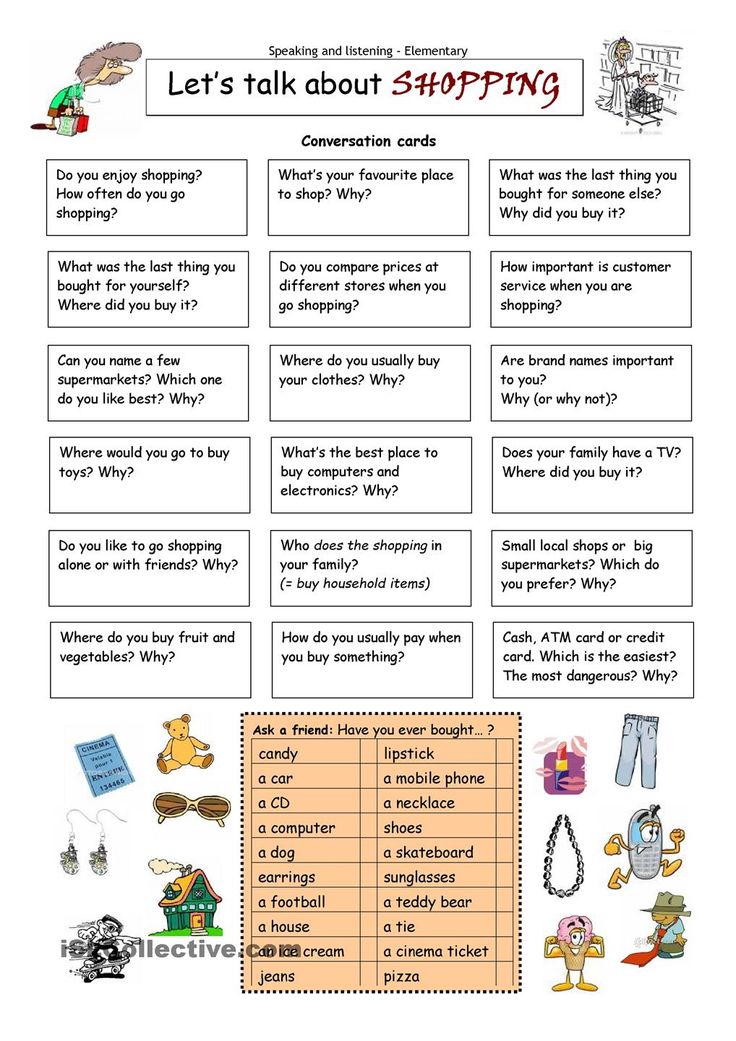
2. Dictionary update - the broadest scope of vocabulary work. Vocabulary refinement can be defined as a dictionary and stimestic work, as the development of the flexibility of the dictionary, its precision and expressiveness.
3.Activation dictionary , i.e. transferring as many words as possible from the vocabulary of the passive to dictionary is active. Words are included in sentences and phrases: they are entered into retelling of what was read, into a conversation, into a story, presentation and composition.
4. Troubleshooting non-literary words , transferring them from the active dictionary to the passive one. I mean dialect words colloquial, slang, which children learned under the influence of the speech environment.
All these areas of work on the dictionary are constantly interacting.
The main sources of enrichment and improvement of the dictionary are works thin literature, texts of educational books, speech of the teacher and other school workers and out-of-school institutions. All this is pedagogically controlled and organized. sources of language enrichment.
All this is pedagogically controlled and organized. sources of language enrichment.
The task of the school is to take into its own hands the element of speech influences, in which schoolchildren live and manage. Therefore, it is very important to study the speech environment. students to keep in touch with their parents.
The most reliable source of enrichment of the student's vocabulary and speech is fiction. All areas of vocabulary work are possible in primary school only on a practical basis, mainly based on text, without theoretical information and even, as a rule, without terms.
dictionaries can be a very useful tool for dictionary work. However one dictionary was created for elementary grades - "Spelling Dictionary" P.A. Grushnikova, a useful spelling guide.
Words with unchecked spelling are studied in every class at the beginning of the school. They are defined by the curriculum and included in the "Dictionary", which is placed at the end textbook "Russian language".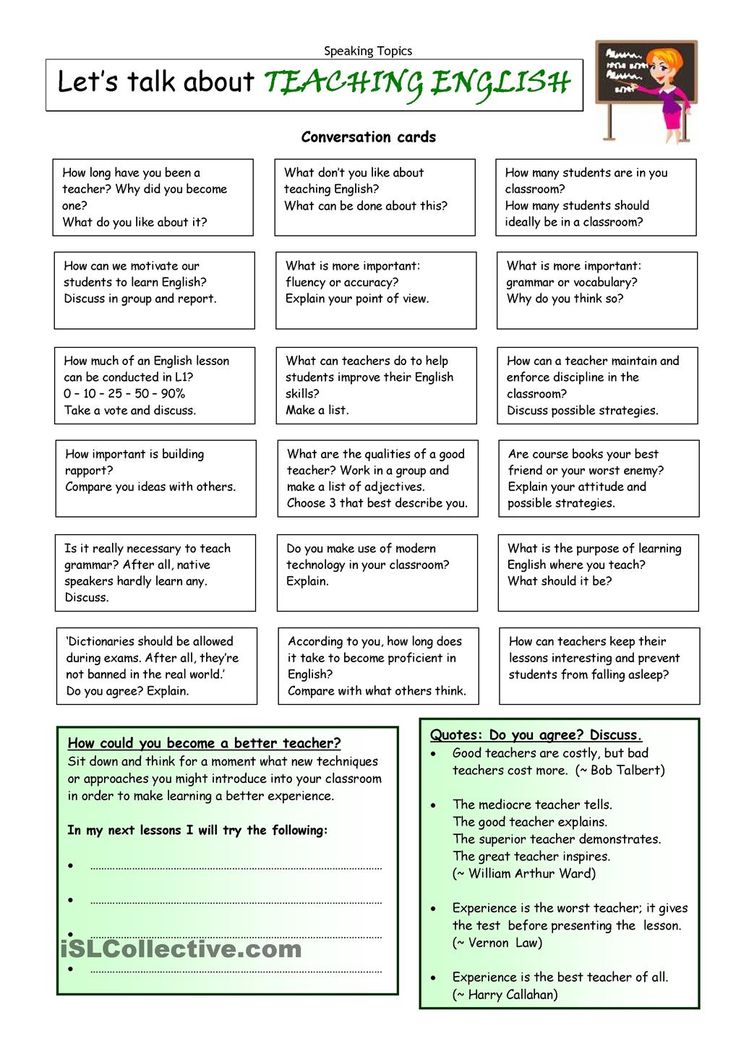
The most common spelling errors in student work are spelling errors of unstressed vowels in a word. So work on them should be carried out purposefully and systematically in each class.
In order to improve speech culture, prominent the place should be occupied by exercises aimed at expanding the active vocabulary children, as well as to develop their ability to choose from their vocabulary to express thoughts, those words that most correspond to the content statements and make it correct, precise and expressive.
Relevance this problem is due to the insufficient development of teaching methods unchecked spellings: disorder and traditionalism of didactic material, its stinginess, lack of complete scientifically substantiated recommendations on how to teach these spellings.
To make this work interesting for children and gave the desired result, the teacher needs to have in his methodical piggy bank selection of exercises that would meet these requirements.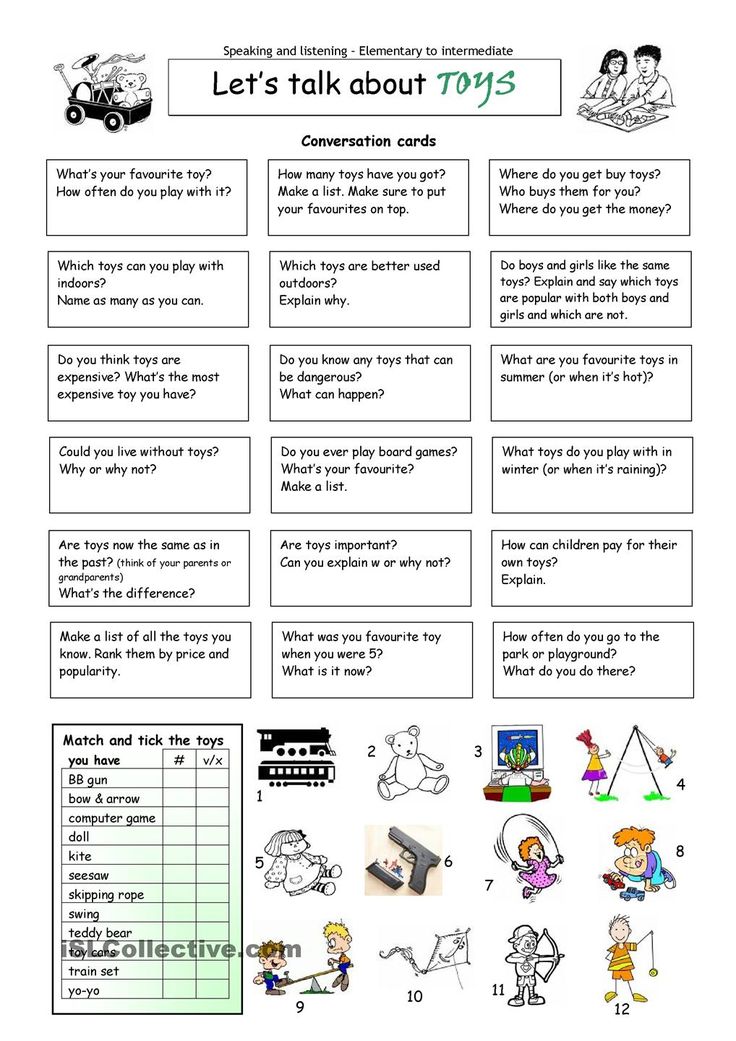
I will give an example of some exercises that I use when working with words with unstressed unchecked vowels:
1. Arrange dictionary words in alphabetical order.
2. Grouping words by spelling.
I'm talking words: sofa, pencil case, newspaper, raspberry, lilac, notebook , etc.
Required distribute words into columns:
1 column - with unstressed a ,
2 – with unstressed o ,
3 – with unstressed e ,
4 – with unstressed and .
3. C in order to consolidate knowledge of the rules about the spelling of roots in related words, I give task: pick up words with the same root with different morphemes.
Frost, frost, frost, frosty.
4. Selection and record of synonyms, antonyms.
Purpose: enrichment of students' vocabulary; recognition of antonyms, synonyms.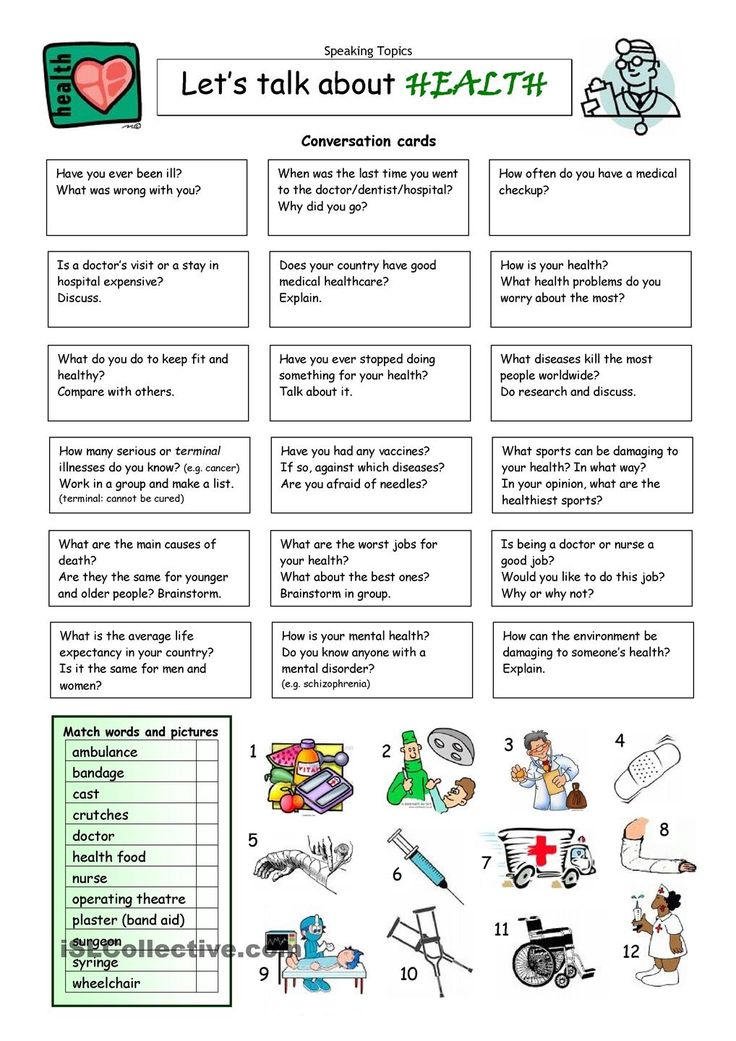
Snowstorm - blizzard, storm, blizzard, blizzard.
South – north, west – east etc.
5. Selection words by topic.
For example, "School" (teacher, class, student, student, pencil case, etc.)
6. Replacement descriptive phrases with synonymous words.
Purpose: recognition of an object by given signs.
Drawer for pens, pencils (case).
Use game moments and games increases children's interest in vocabulary words.
7. Game "Guess the words."
Purpose: development of mental operations, testing knowledge of vocabulary words.
Given beginning of word ka- .
Children write dictionary words starting with this syllable: cabbage, potatoes and etc.
8. Game "Chain of words".
I call first word, children continue the chain: each subsequent word must start with the last letter of the previous one.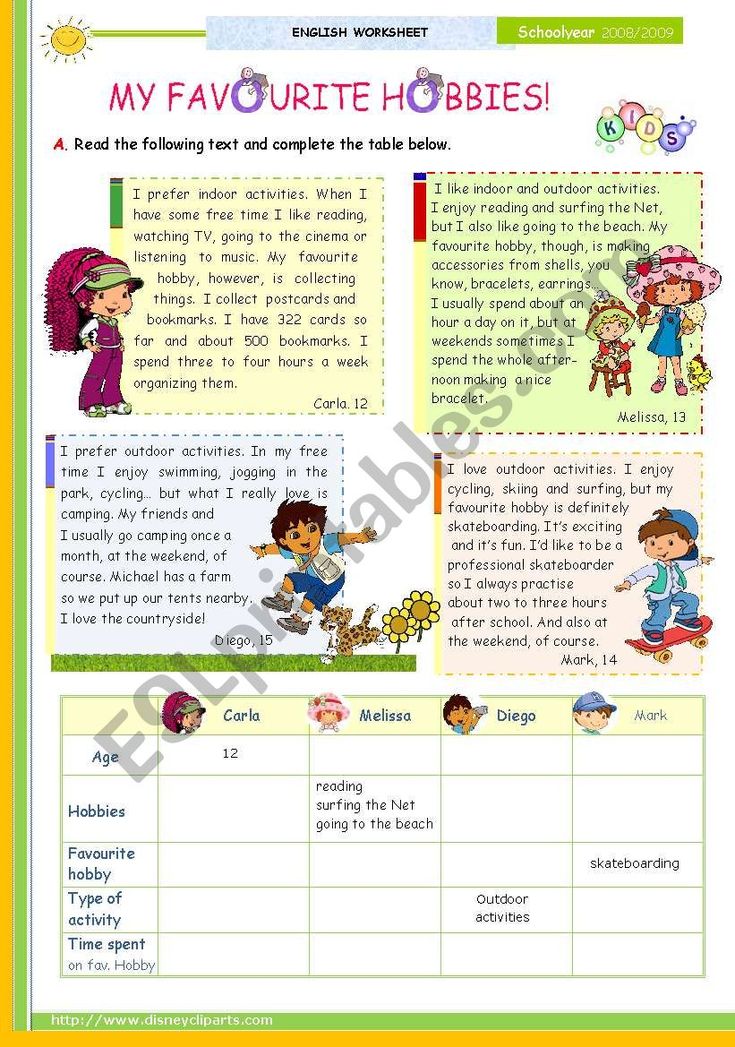
Berez a , a wtobu c , c alu etc.
9. Game "Assemble words from syllables."
ro ar nom (agronomist)
then av bill mo (car)
10. Game "Replacement".
Replace numbers in alphabetical letters:
31, 12, 19, 12, 21, 18, 19, 10, 33 (excursion)
11. Lesson I start with words:
Words lived quietly in the book
But the book was suddenly gnawed by mice.
Mandatory I announce the topic, for example, “Birds”.
I use games offered by the teacher L.A. Ergasheva.
- Game "Guess the secret."
On words are written on the board. They are "secret". An extra syllable is inserted into each of them, for example: dog, operasina, gloramm , etc.
Required “Declassify” the words and write them down in a notebook, indicating the unchecked vowel.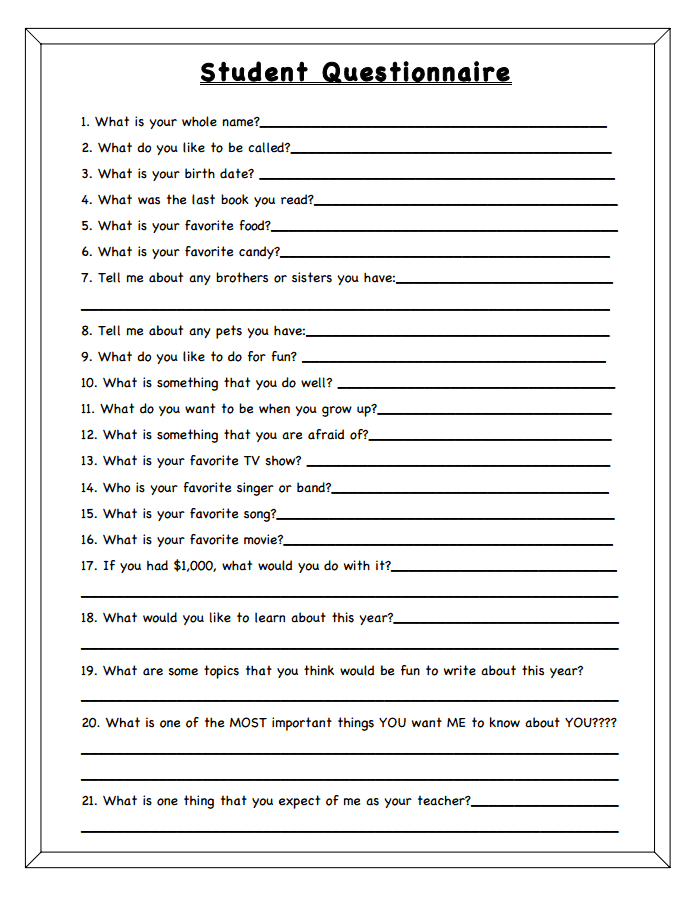
2. The game "Untangle the words."
here so woe! Here's the trouble!
How confused words!
All they are of three syllables,
Who ready to help words?
be, ka, lo, ran, so, mo, ryo, dash, ko, ka, za, ba
(birch, pencil, milk, dog)
What extra word? Why?
3. Encryption game.
a) vocabulary the word that we met in the lesson is written in a column. For every letter of this word, we recall previously studied words from the dictionary.
For example: h - hare
a – bus
in – sparrow
o – cucumber
d – duty officer
b) On the words are written on the board. Task: from each word, take only the first syllable and compose a new word, write down from a notebook.
Machine, fox, people (raspberry)
Wind, seed, shovel (fun)
Wheel, company, vase (cow)
– What questions do the words answer?
- What do they mean? Pick up single words.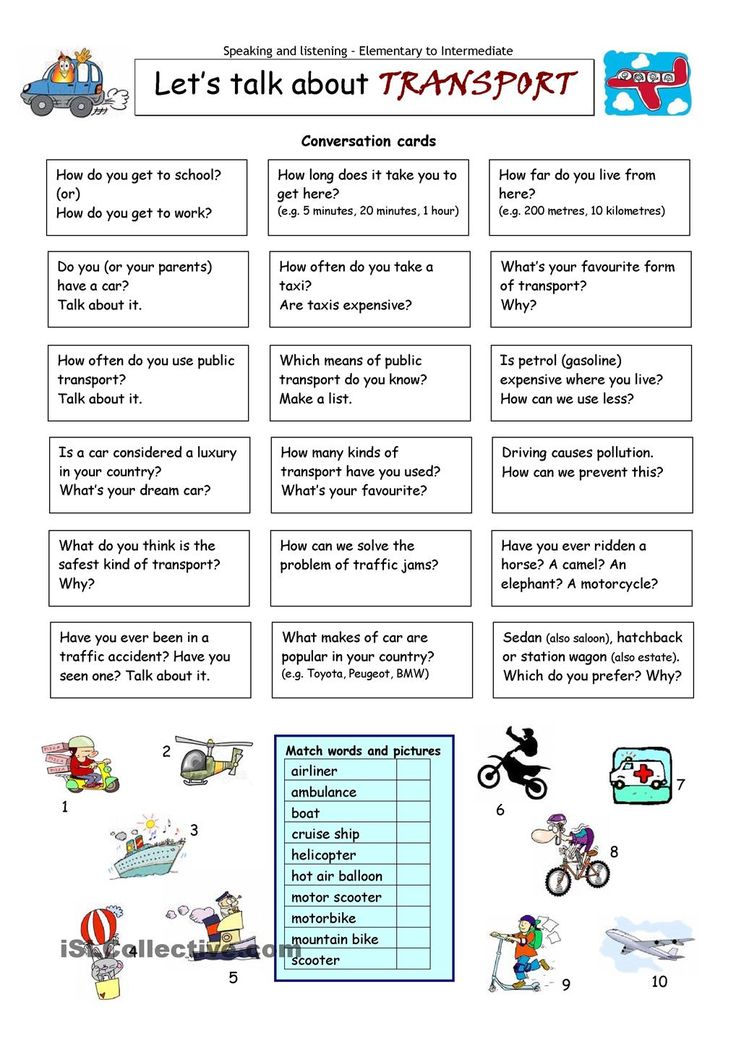
C with pleasure, the children complete the “Rhyming” tasks that I borrowed from teacher G.A. Evsyukova.
Rhyme helps to establish a semantic connection between the word and the selected letter recording, indicates the spelling, and most importantly contributes to arbitrary remembering the spelling of vocabulary words. Pupils continue to operate with rhyme as an algorithm for memorizing spelling.
here the main components of this method:
I. Selection words within a word.
1) There is words like a bird,
They croak on the dictionary page.
tina
car tone Kar!
man
2) look, children,
Cancer flies in a rocket.
R a k eta a k
3) - Cap, cap, cap -
Cabbage whispers.
- Without rain, I'm very bored!
Cap mouth cap
II. Selection syllable in a word.
1. Note re sang
B address skillfully.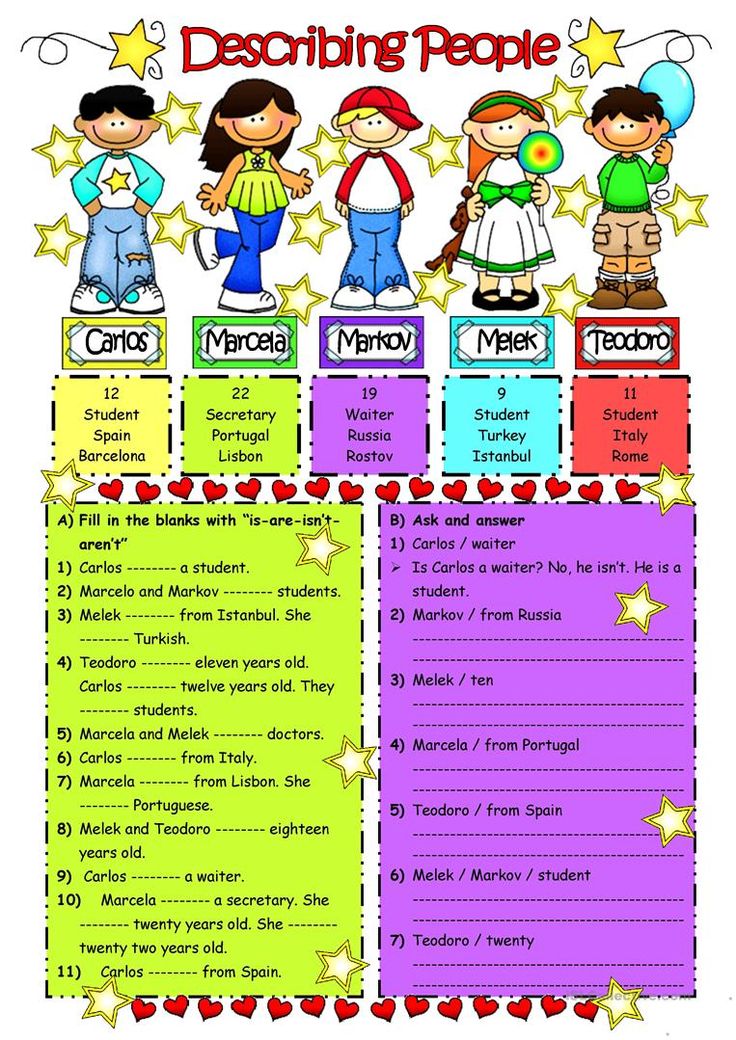
ad re s
2. So syllable mo - I am an evil frost,
A without it - I'm a lot of roses.
mo roses
III. Selection letters in a word.
1. Letter Oh lives in the fire
And, imagine, not afraid,
Not burns and does not smoke! K o ster
2. Main words are important
C letter O they are friendly!
M O Squa st about persons
in his work, the experience of a primary school teacher in the city of Sychevka, Smolensk region S.N. Yaschenkova. The teacher suggests memorizing vocabulary words with the help of mnemonic system of "connections", which is as follows:
1) memorization happens easier if a person mentally imagines objects, phenomena or actions that denote words;
2) united in groups, objects should come to life, move.
3) Vocabulary words are grouped, each group has its own plot. For the best memorization using schematic drawings.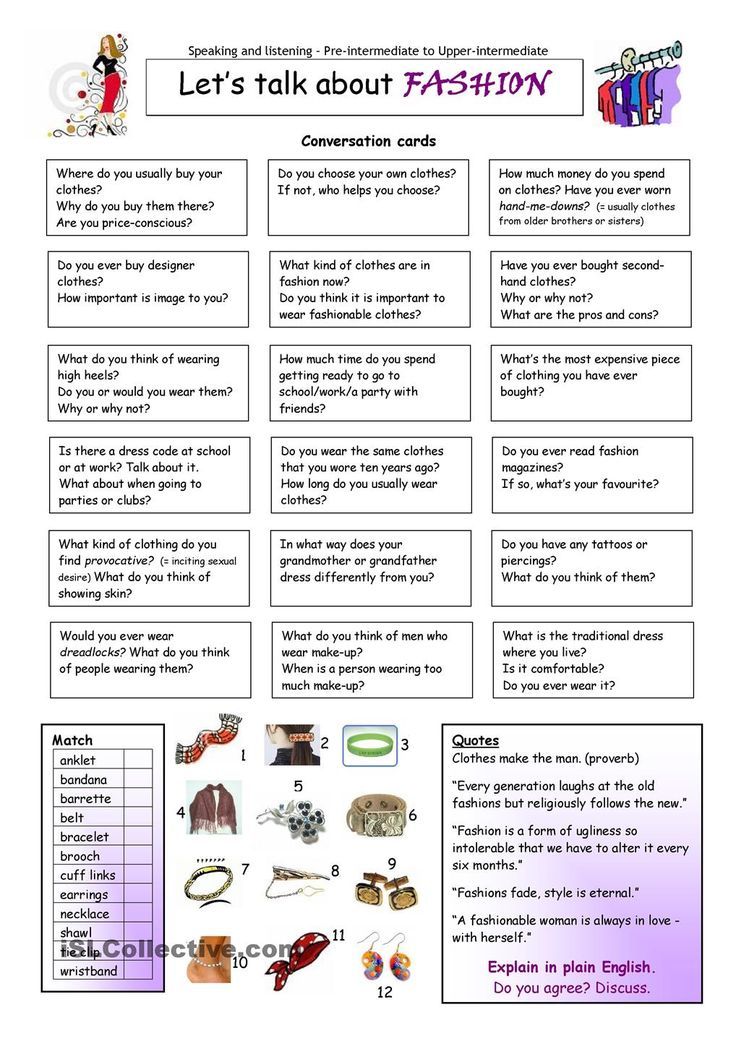 Here is a dictionary page the text and the words themselves are presented for memorization.
Here is a dictionary page the text and the words themselves are presented for memorization.
AS to ride a bike?
Good o , fast about , fast about , fast about .
Dictionary material words .
Selection single-root words:
- Address, addressee, addresser, address, address, forwarding.
- Birch, birch, birch, birch, birch, birch, boletus.
- Swamp, swamp, swampy, swampy.
- Beard, beard, beard, beard, beard, bearded man.
- Sparrow, sparrow, sparrow, sparrow, sparrow, sparrow.
- Crow, raven, crow, crow, little crow, miss.
- Yellow, yellowish, yellowness, yellowish, yolk, yellow-bellied, yellow-flowered, jaundice, Zheltukhin (nickname sparrow), turn yellow, amber yellow.
- Sugar, sugar, saccharin, sugar, sugar, sugar bowl.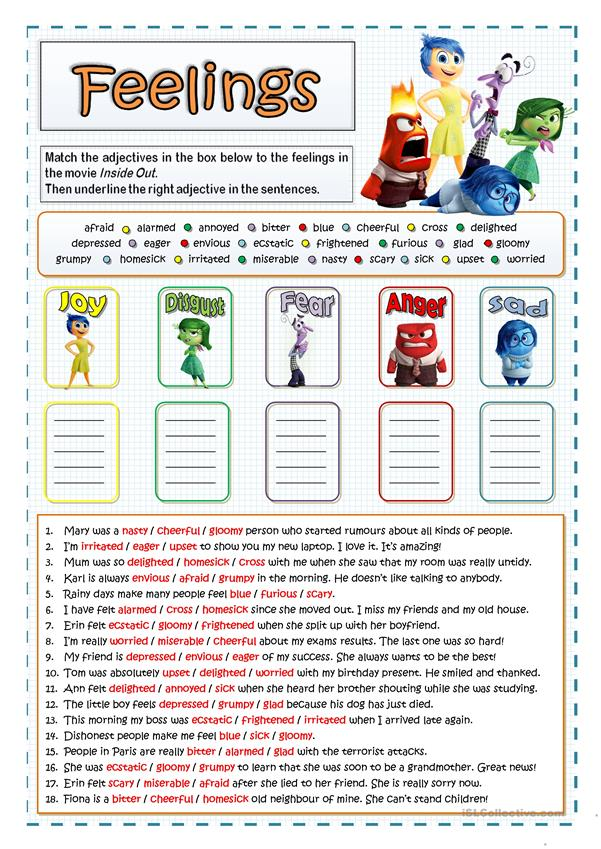
- Silver, silvering, silver, silver, silversmith (master).
- Soldier, soldier, soldier, soldier.
- Nightingale, nightingale, nightingale, nightingale, nightingale.
- Straw, straw, straw, straw, straw.
Disassembly words by composition ; for such work, we often offer words that have the same root as those that are studied in textbook dictionary:
Pharmacy, trunk, boots, newsboy, road, piece of iron, hare, interesting, potato, raspberry, walnut, weather and others .
Selection to the studied word of synonyms and antonyms .
Synonyms:
diamond - diamond,
alphabet - alphabet,
suddenly - suddenly,
fun - joyfully,
wind - hurricane - whirlwind,
warrior - fighter - soldier - knight,
wish - want,
sorry - sorry,
sometimes - occasionally - sometimes – sometimes,
room - room - room - room - closet,
space - universe,
beautiful - beautiful,
traveler - traveler - tourist,
dawn - sunrise,
child - baby - child - baby - cub - baby,
thank you - thank you.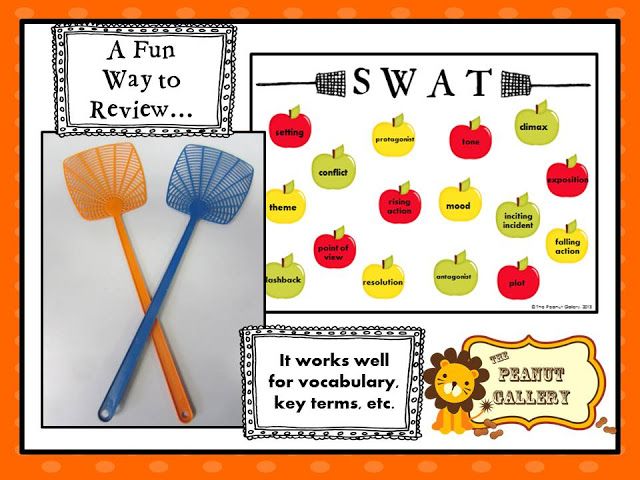
Antonyms:
wealth - poverty,
fast - slow,
fun - sad,
city - village,
road - alley, highway,
expensive - cheap (goods),
woman - man,
healthy - sick,
hello - goodbye, goodbye,
beautiful - ugly,
frost - heat,
come - gone,
dawn - sunset,
home - foreign land,
thank you - please,
oral - written,
good - bad,
black - white.
Etymological information :
aquarium (from the Latin word aqua "water")
alley (from the French word allee “passage, road”)
balcony (borrowed from Italian lang. balcone "balcony")
sandwich (from German butter “butter” + brot “bread”)
bicycle (from French; derived from two lat. words velox “quick + pe “leg”)
vermicelli (from the Latin words vermis “worm”)
hero (from the Greek word heros “hero of ancient times”)
gymnasium (from the Greek word gymnasion "platform for gymnastic exercises", later - "school", where philosophers had conversations with their listeners)
zoo (formed by adding words: zoo (from the Greek zon “animal”) + park)
emerald (borrowed from Turkic.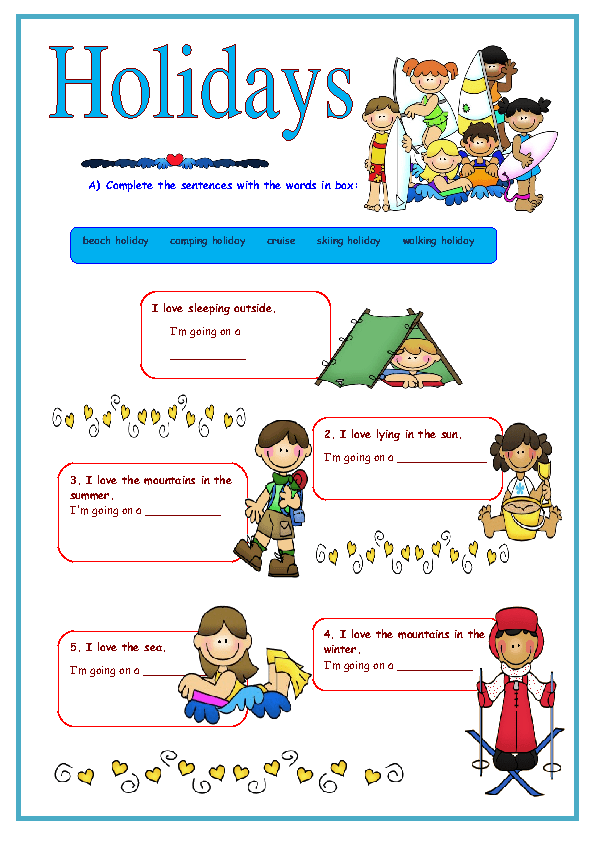 lang. zumrud)
lang. zumrud)
cabbage (from the Latin word caputium “head”)
pencil (from the Turkic languages Kara - “black”, dash - “stone”)
kilogram (from the Greek word chilioi “thousand”)
wheel (from the Old Slavs. words kolo “circle”)
compass (from the Latin words compasso “I measure”)
envelope (from the French words couvert “covered”)
basket (from the ancient Slavic word corza “tree bark”)
cow (from the ancient Slavic word corva “horned”)
cosmos (Greek kosmos “order, harmony, beauty”)
passenger (from the French words passer “pass through”)
sour cream (original Russian, from the verb sweep “rake, collect in a heap”, literally “collected milk”)
thanks (formed by fusion of the Russian words “save god”, then the final g, ъ disappeared)
telegram (consists of two Greek roots: tele “far” + gramma “record”)
telephone (formed by adding two Greek.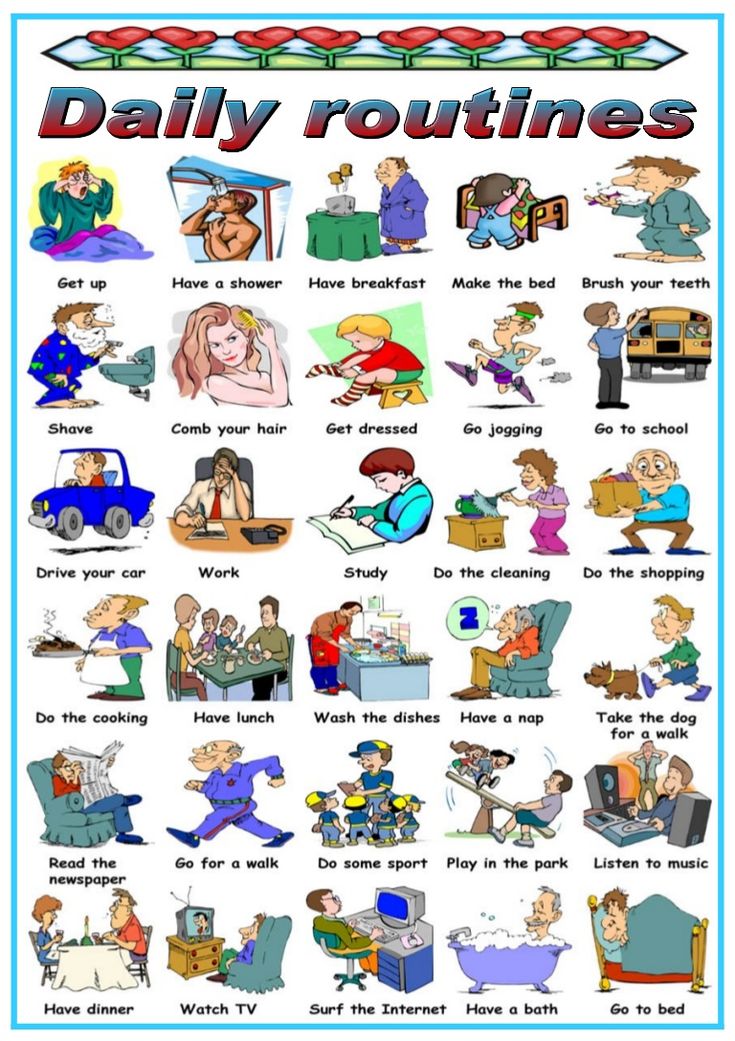 basics: tele “far” + phone “sound”)
basics: tele “far” + phone “sound”)
notebook (borrowed from Greek: tetradion “notebook”, derived from tetras “fourth of a sheet”)
tram (eng. tramway, where tram “tram” + way “road, way”)
pavement (French trottoir “sidewalk”, derived from the verb trotter “to walk”)
football (borrowed from English. football, foot “foot” + ball “ball”)
circus (borrowed from Latin. circus "circle")
chess (Persian expression “the Shah is dead”)
Systematic and purposeful work on difficult words causes students' interest in learning these words and contributes to their better memorization.
The results of our own work on this problem convince us that the quality teaching younger students in the formation of spelling skills depends on choice of means, methods, forms used in the learning process, from the effectiveness of the teacher's control over the progress and quality of the formation spelling skills and from maintaining the studied material for a long time.
The system of vocabulary work is to make the word schoolboy correct perceived in the text, understood with all its shades and colors, assimilated, i.e., would be included in his dictionary and reproduced in the right cases, so that it passed through special exercises in which his understanding deepens, its compatibility is assimilated, its use is prepared, and, finally, so that it can be used by schoolchildren independently in their own statements.
References:
1. Daminova M.P. Spelling Prevention Exercises.// Primary School, 1995, no. 5, p. 69.
2. Yaschenkova S.N. How do I work on vocabulary words. // Primary school, 2001, No. 9, p. 109.
3. Ergasheva L.A. Games and game moments in working on words with unverifiable spellings. // Primary school, 2002, No. 2, p. 50.
4. Evsyukova G.A. How to work with vocabulary words. // Primary school, 2006, No. 6, p.23.
Vocabulary work in the Russian language lessons and extracurricular activities in elementary school as a way to develop reading literacy | Methodological development in the Russian language on the topic:
MBOU "Nizhnesuetukskaya secondary school" of the Ermakovskiy district of the Krasnoyarsk Territory
Vocabulary work in the lessons of the Russian language and extracurricular activities in elementary school as a way of developing reader literacy
Compiled by:
Natalya Dudnikova, Sergeneva,
primary school teacher
1st category
Nizhny Suetuk, 2017
Annotation
Purpose: to demonstrate methods of working on vocabulary words in Russian language lessons.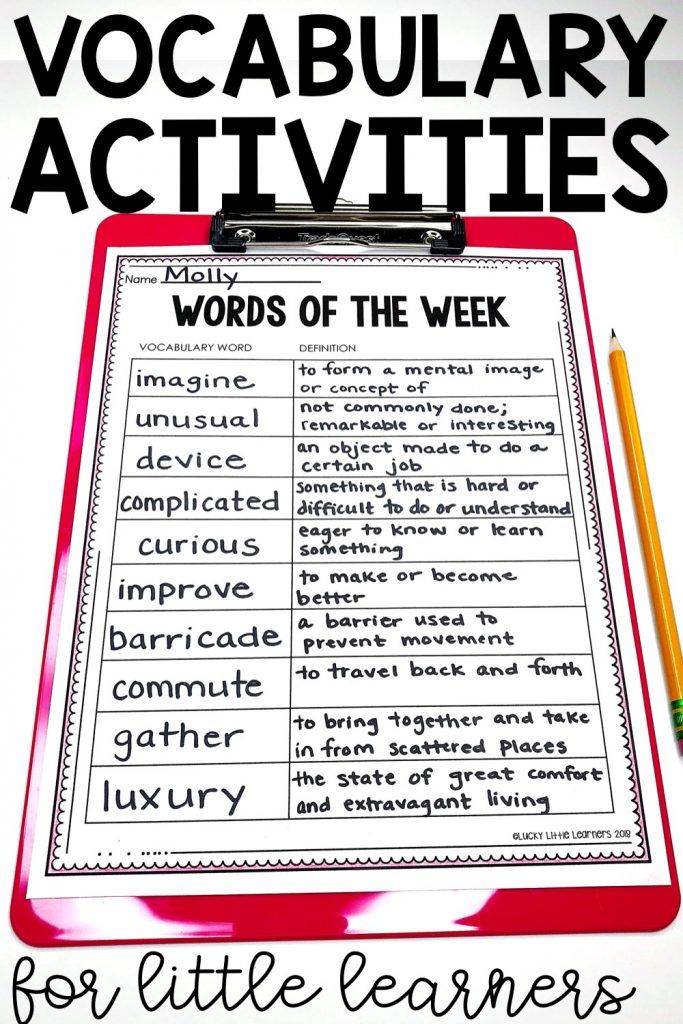
Relevance: lack of a system of work on dictionary words
Problem: incorrect use of dictionary words in writing
Planned results
Subject results: the result of such a diverse systematic work with dictionary words is the error-free use of dictionary words in writing
Personal: acceptance of the idea that correct, accurate speech and writing are indicators of a person's culture;
UUD:
Regulatory: to form the ability to regulate one’s activity (to control the process and result of activity, making adjustments)
Cognitive: to search, receive and use information (use dictionaries, find the necessary information in them) dialogical and monologue statements, choosing the means of language for them, taking into account this situation and specific speech tasks.
Key words: riddles, word-associations, crossword puzzle, table work, subject pictures, homophones, project
Acrostic. For me, reading is
H - a child (around which the educational process is built)
T - creativity (with which a modern teacher should be filled)
E - unity (in it is our strength and success)
N - skills as a result of painstaking work)
I - interest (which must be awakened in children)
E - daily (work in the system and only then there will be a result)
Testing the assimilation of vocabulary words most often has the same form: visual dictation, writing with windows, control vocabulary dictation.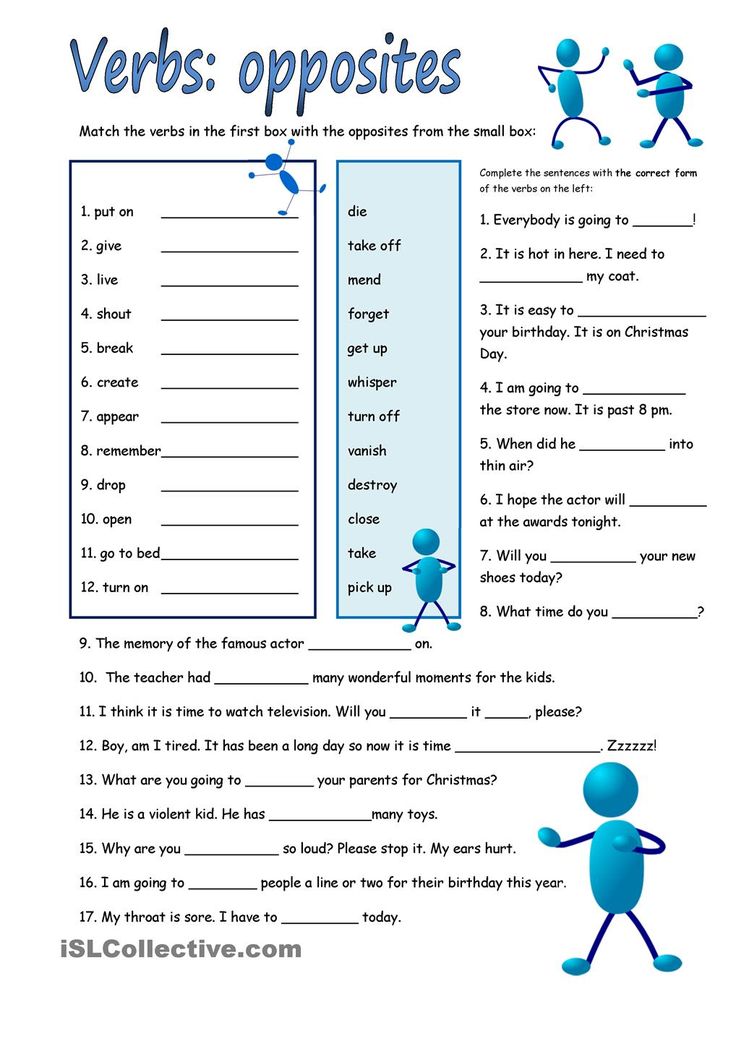 And how to make sure that the vocabulary dictation is written correctly? It is necessary to pay great attention to the "acquaintance" of children with a new word. Acquaintance with new words is built in several stages. I present to your attention the types of exercises when meeting vocabulary words.
And how to make sure that the vocabulary dictation is written correctly? It is necessary to pay great attention to the "acquaintance" of children with a new word. Acquaintance with new words is built in several stages. I present to your attention the types of exercises when meeting vocabulary words.
1. Reading a riddle, the answer to which is a new dictionary word. The text of the riddle appears on the board. After - a guessing picture and a word with a window. Children write down a word with a window in their dictionaries, skipping the “dangerous place” (this is how we call an unchecked spelling). Next, the children look for this word in the spelling dictionary of the textbook and find out which letter should be in place of the gap. After everyone independently inserts a letter into the box, the whole word appears on the screen. In parallel, work is underway to identify the words that helped solve the riddle.
For example:
Lives in a booth,
gnaws bones.
Barks and bites -
What is it called?
s_tank
- What words helped to solve this riddle? (in the booth, barking, bones bones)
2. The next way to present a new word is finding words in the table. Children are given tables in which letters are located. They need to find vocabulary words in the table. Work can be both individual and work in pairs. After the work is completed, you can check. Hidden words appear on the screen. Children write down words, put stress, determine the stressed syllable and indicate the spelling. In some cases, the dictionary word does not contain the spelling of an unstressed vowel. Then the children turn again to dictionaries and find a "dangerous place" in the word. Designate them in writing in their dictionaries. After everything is done, it is again checked on the board.
Е
Д
В
Е
Д
Ь
Б
С
В
В
T
O
B
E
006 Х
Ы
Б
Е
Р
Ё
З
А
Й
Ф
I
C
T
R
A
K
T
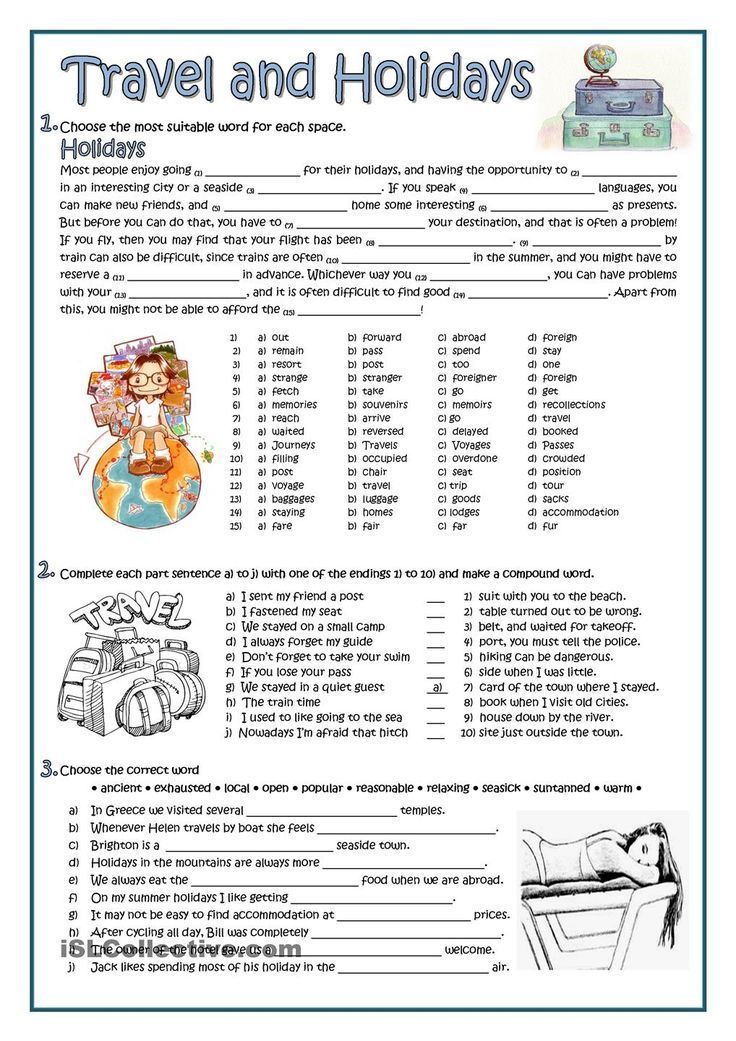 1) 9000 (TABEM tractor
1) 9000 (TABEM tractor 3. Also, when I get acquainted with a new word, I use subject pictures. A picture appears with a partial image, below it a brief description of it. Children must understand which image the word is hidden. At this stage, the vocabulary is being enriched.
For example:
(Fig. 1)
- these are products that a person puts on himself in order to protect the body from the effects of the external environment (clothing)
4. The next way to get acquainted with the word is to solve crossword puzzles. It is important that only by correctly entering dictionary words into the cells of the crossword puzzle, children will be able to read the word in the highlighted column.
For example:
| 1. | Н | _ | О | Д | |||||||
| 2. | Л | _ | P | t | A | 6 | |||||
| 9000 3.0782 _ | Я | Т | А | ||||||||
| 4. | О | В | Щ | And | |||||||
| 5. | P | 9000 L | B 9000 9000 9000 9000 9000 9,000 | 9ID 9000 9000 9000 9000 9000 9000 9000 9000 9000 9000 9000 9000 9000 9000 9000 |

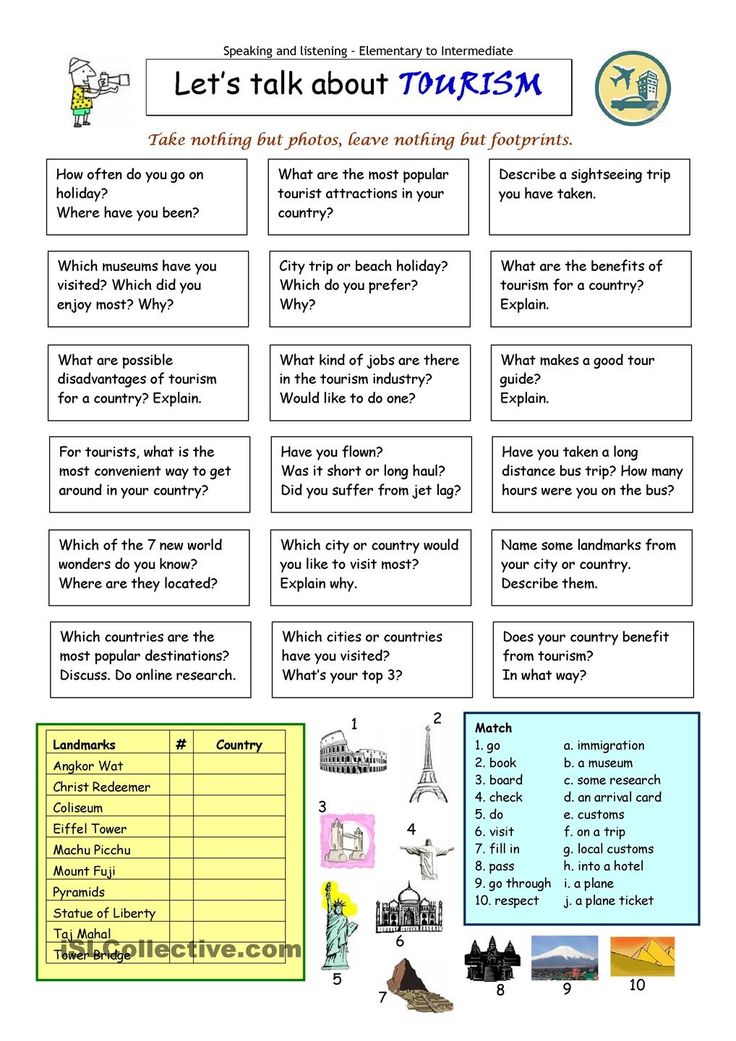
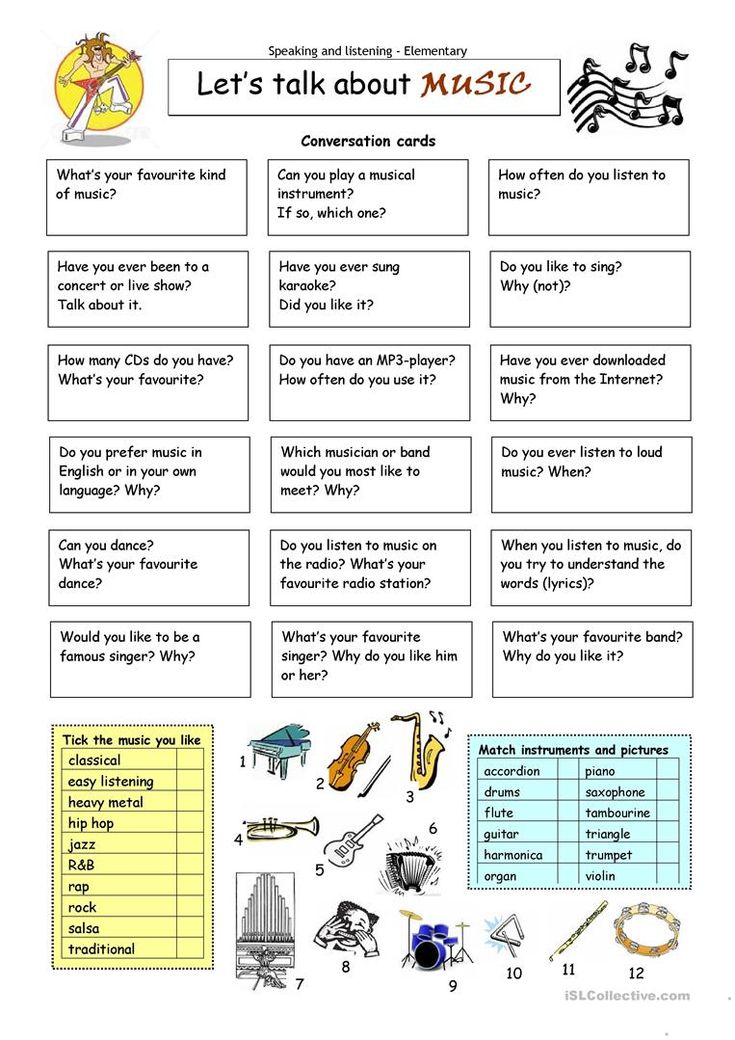
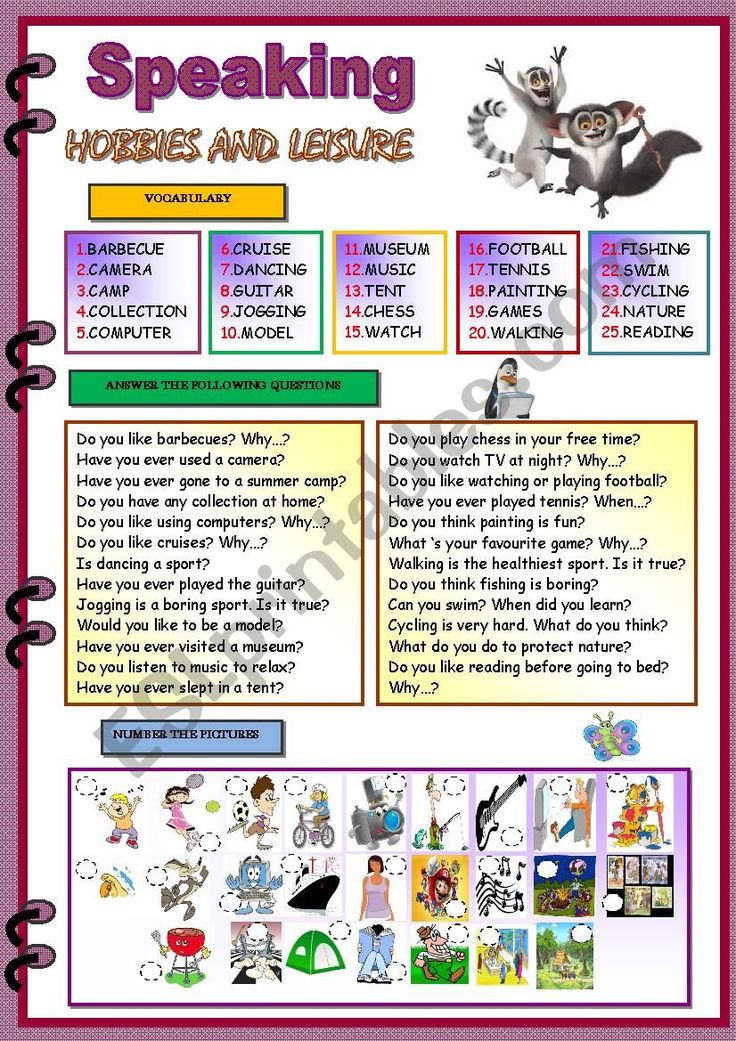 Understand which word the definition refers to (company-campaign, frost-drizzle). In this case, the dictation is carried out as follows: not a single word is pronounced, but a sentence or phrase, so that children can determine in what context this word is used.
Understand which word the definition refers to (company-campaign, frost-drizzle). In this case, the dictation is carried out as follows: not a single word is pronounced, but a sentence or phrase, so that children can determine in what context this word is used. 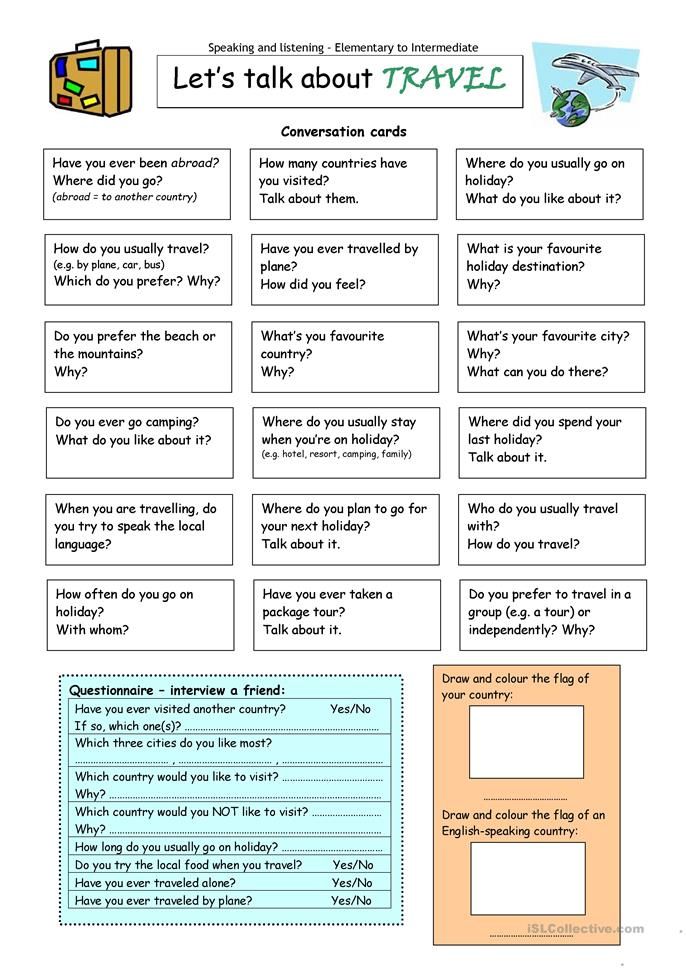
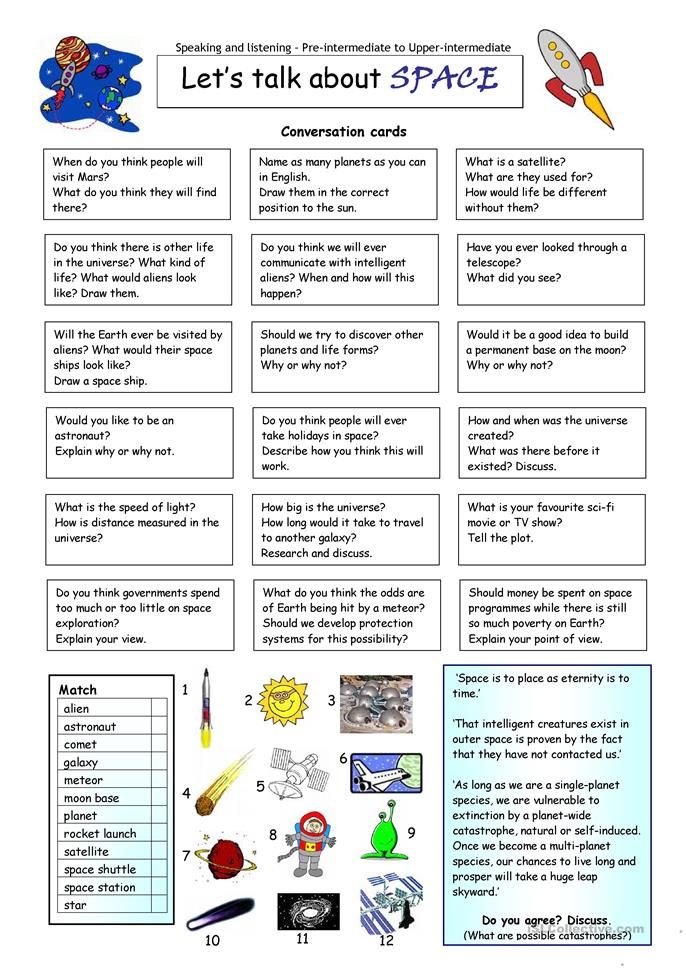 As a rule, hot food is served for lunch.
As a rule, hot food is served for lunch. 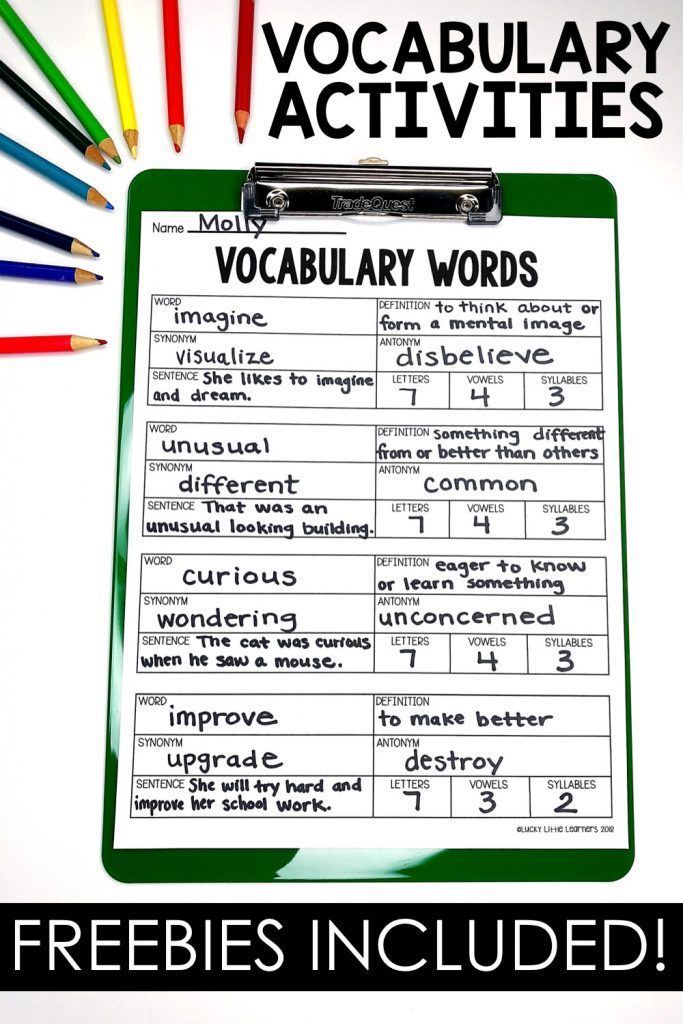 Write down the word ______________________________________ . Determine the number of letters, sounds, syllables in a word ___________________
Write down the word ______________________________________ . Determine the number of letters, sounds, syllables in a word ___________________  Choose the words denoting the action of this object.
Choose the words denoting the action of this object. 